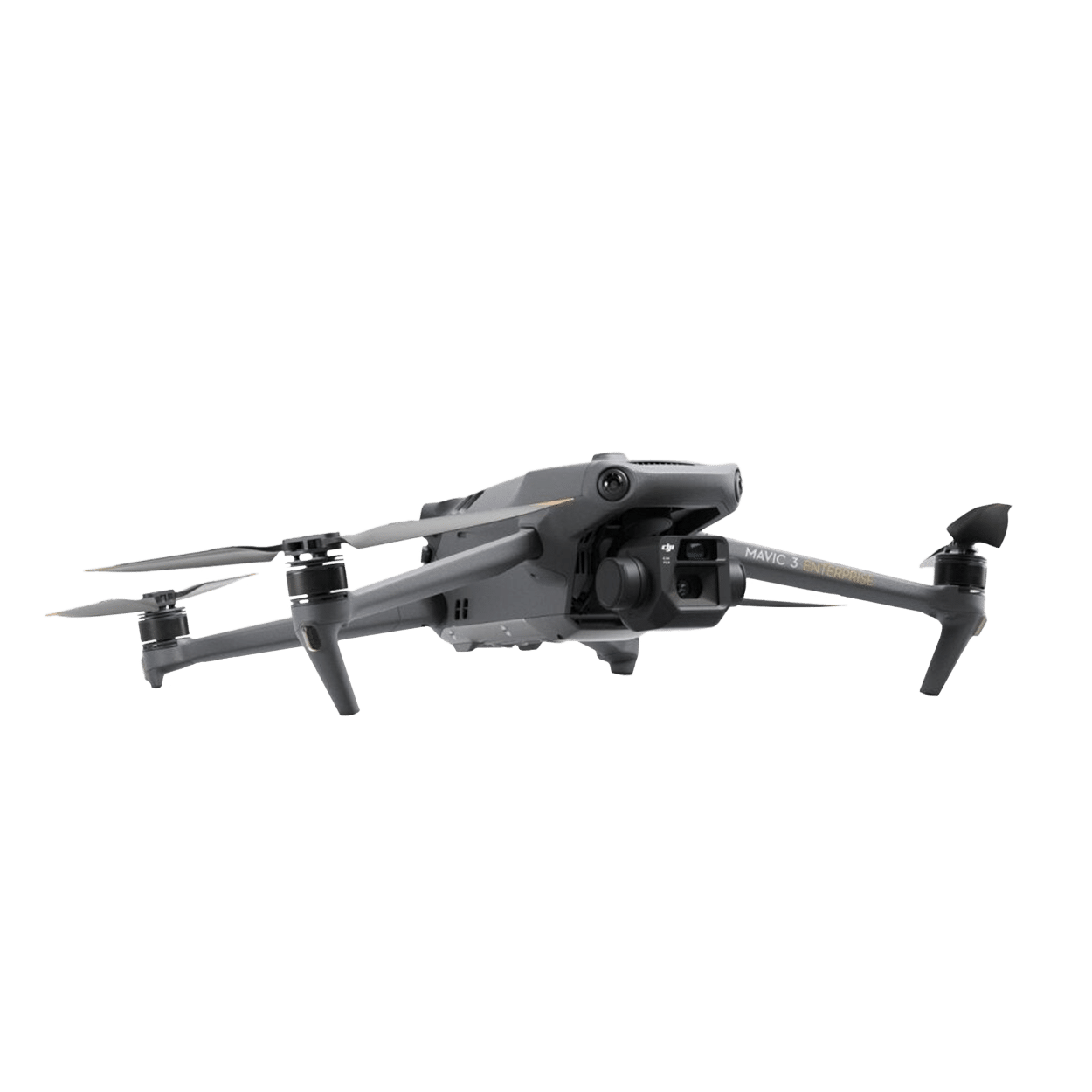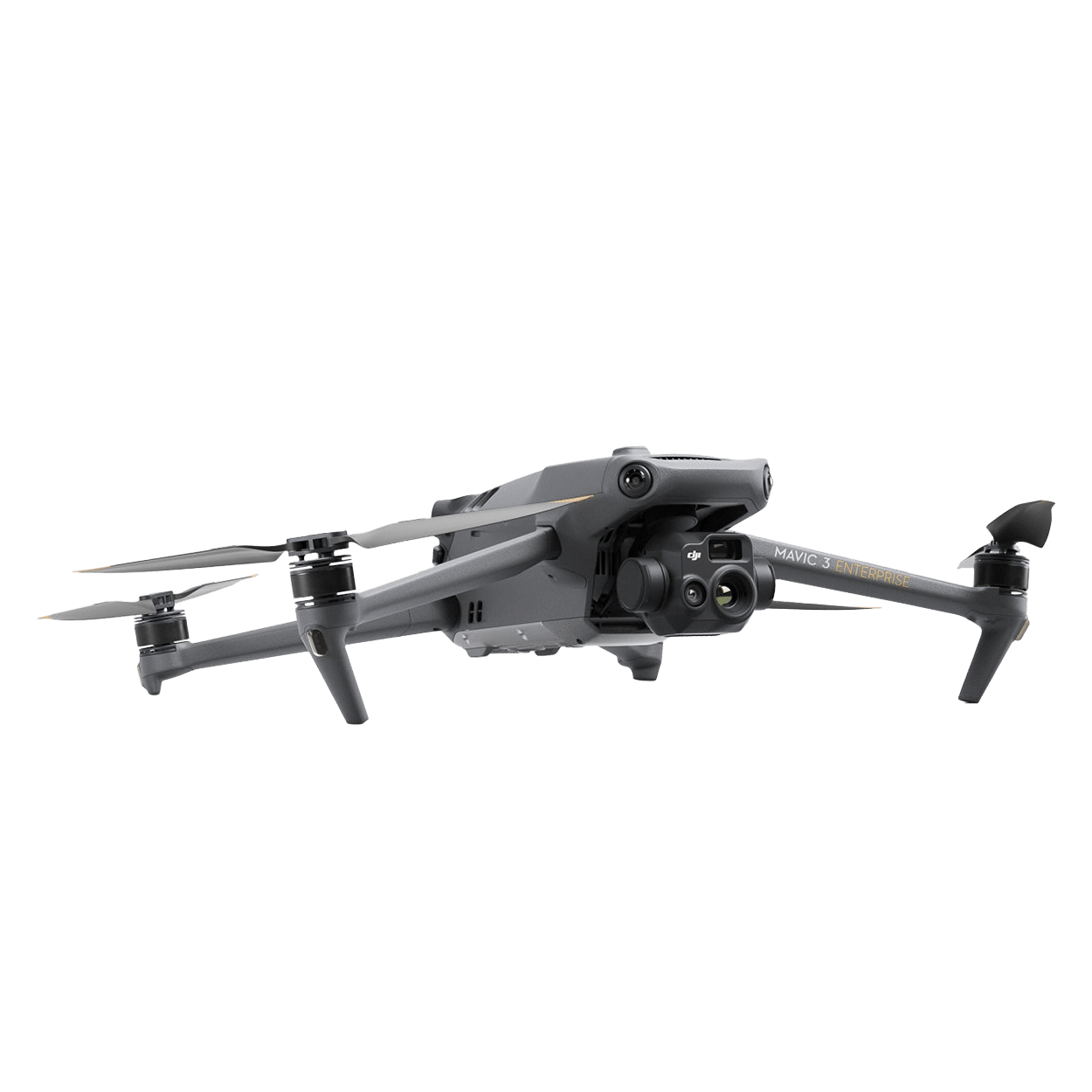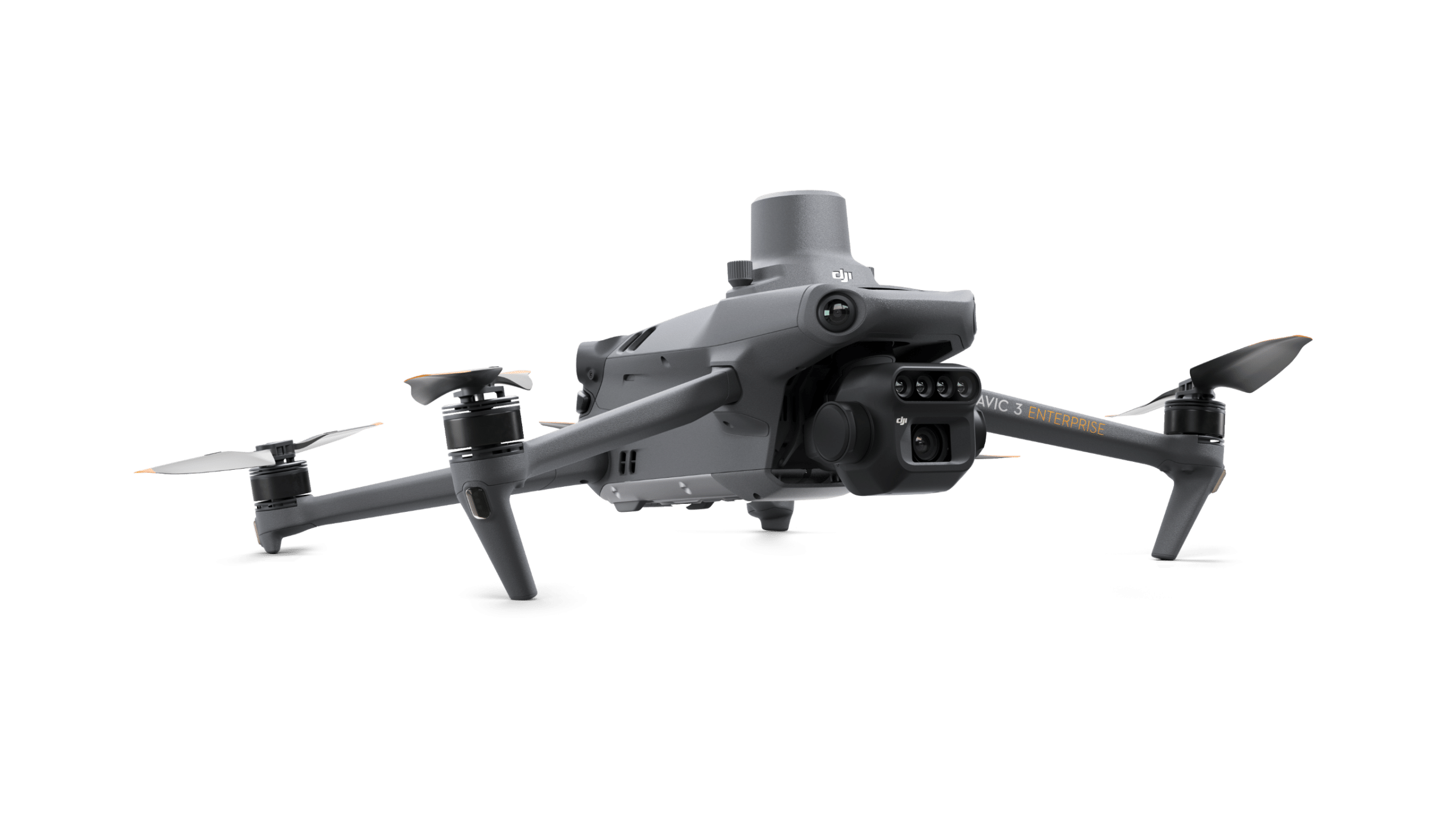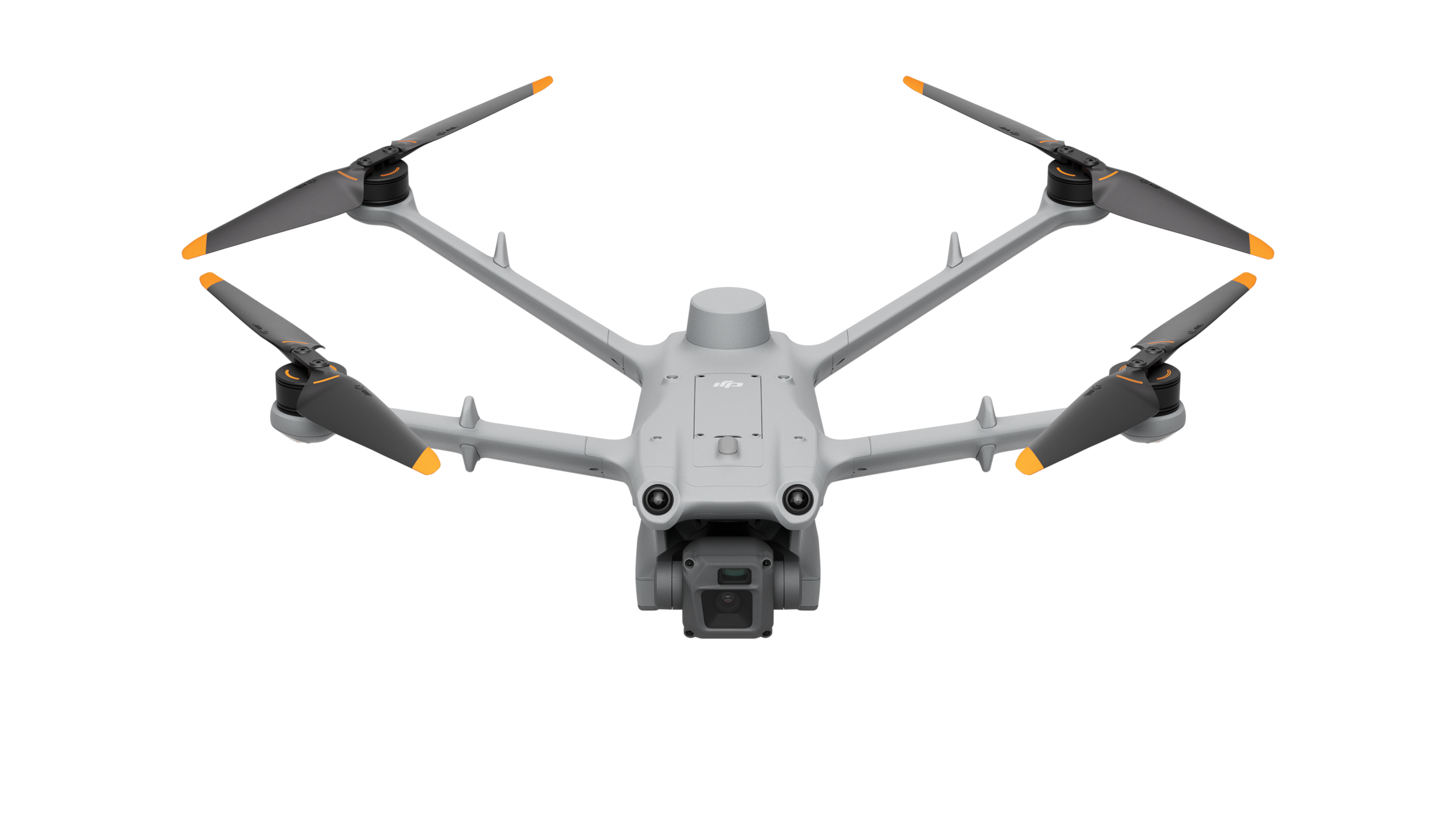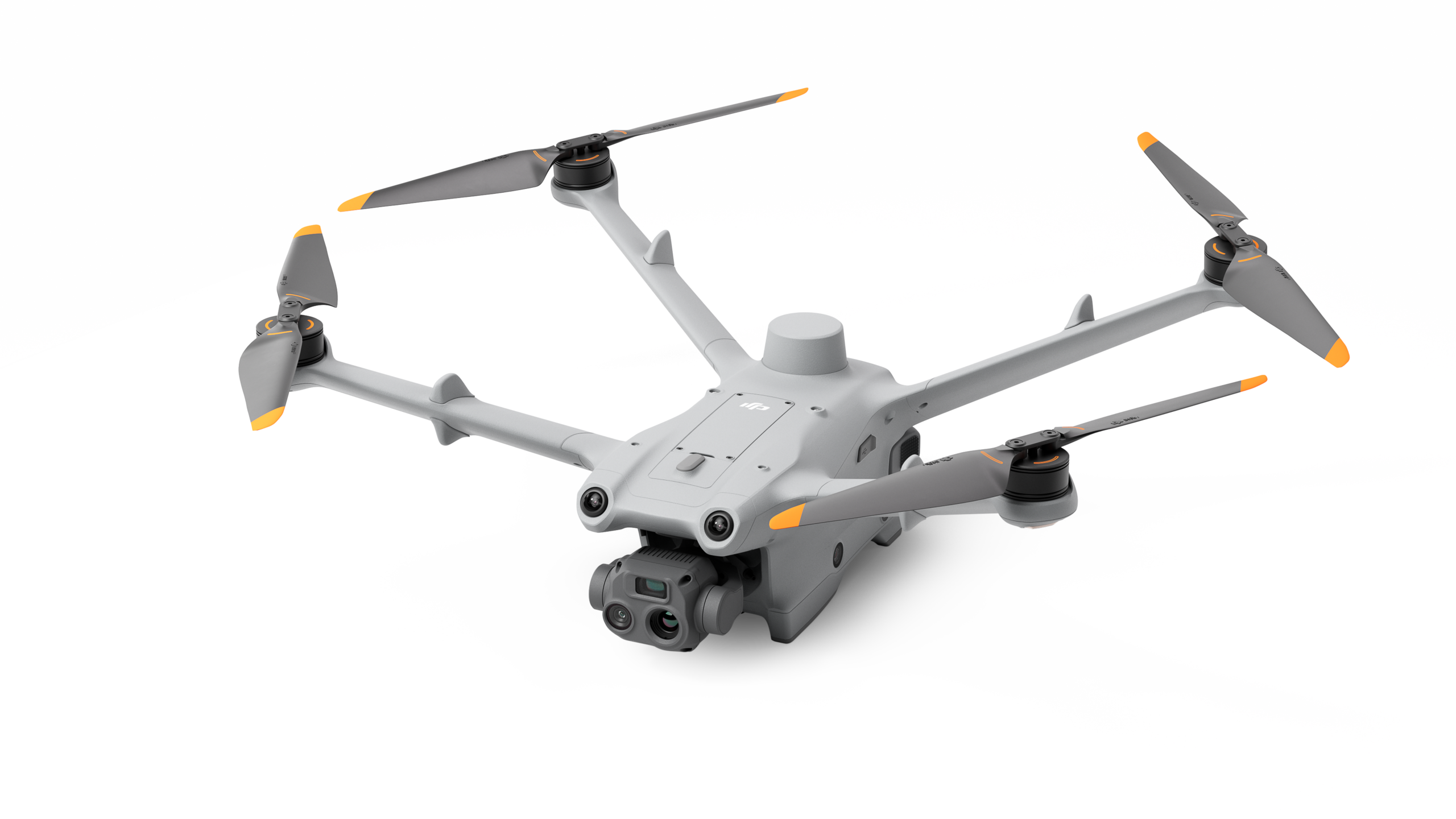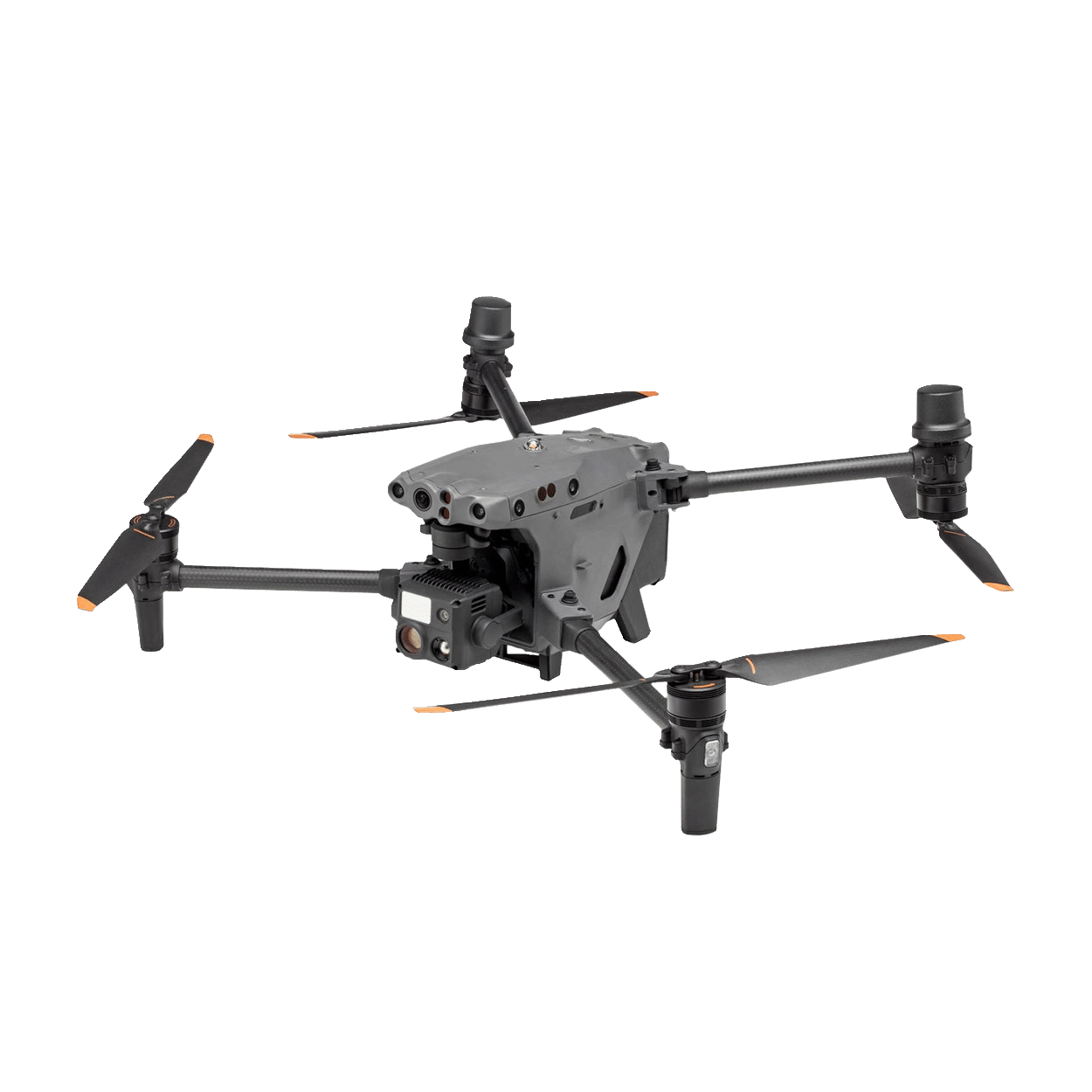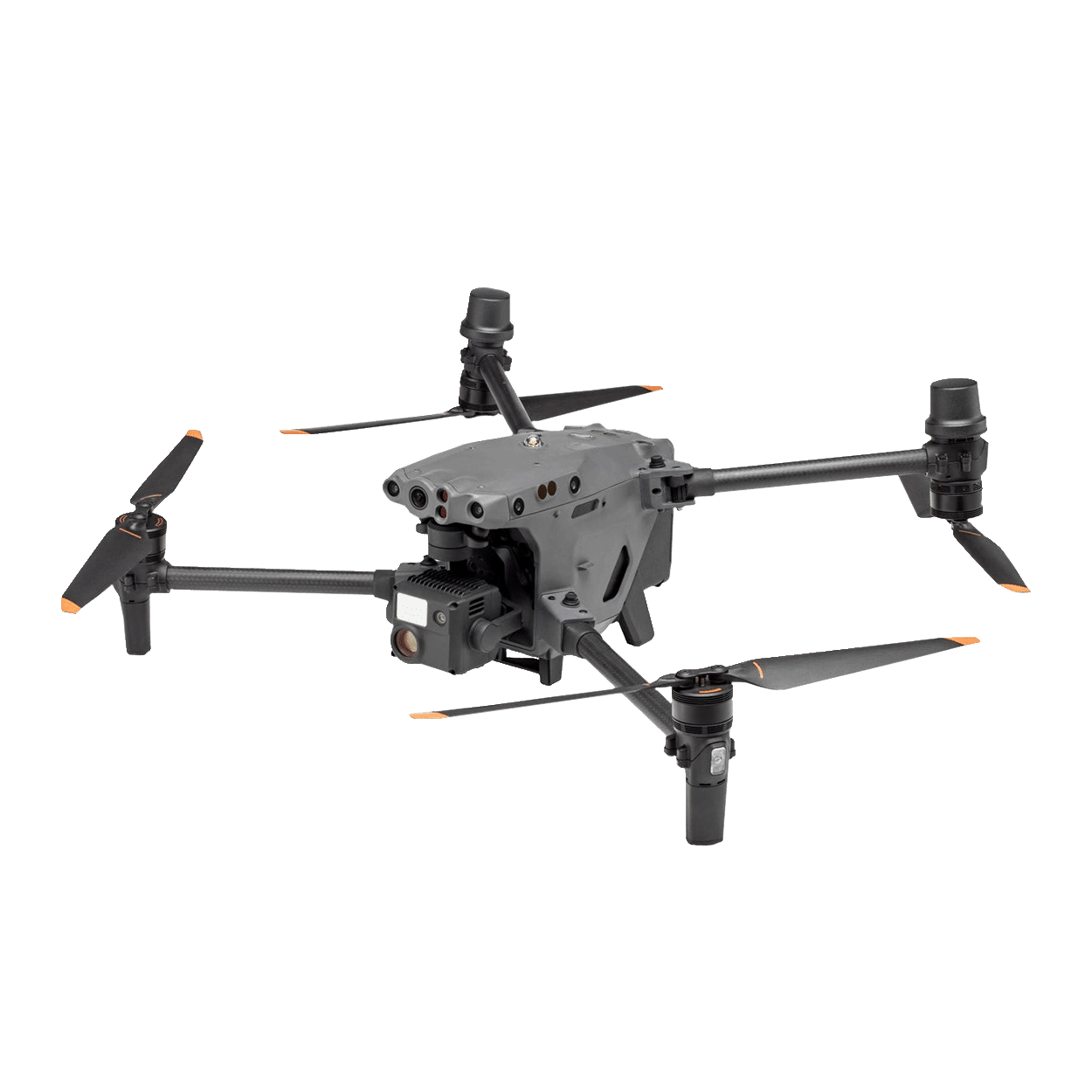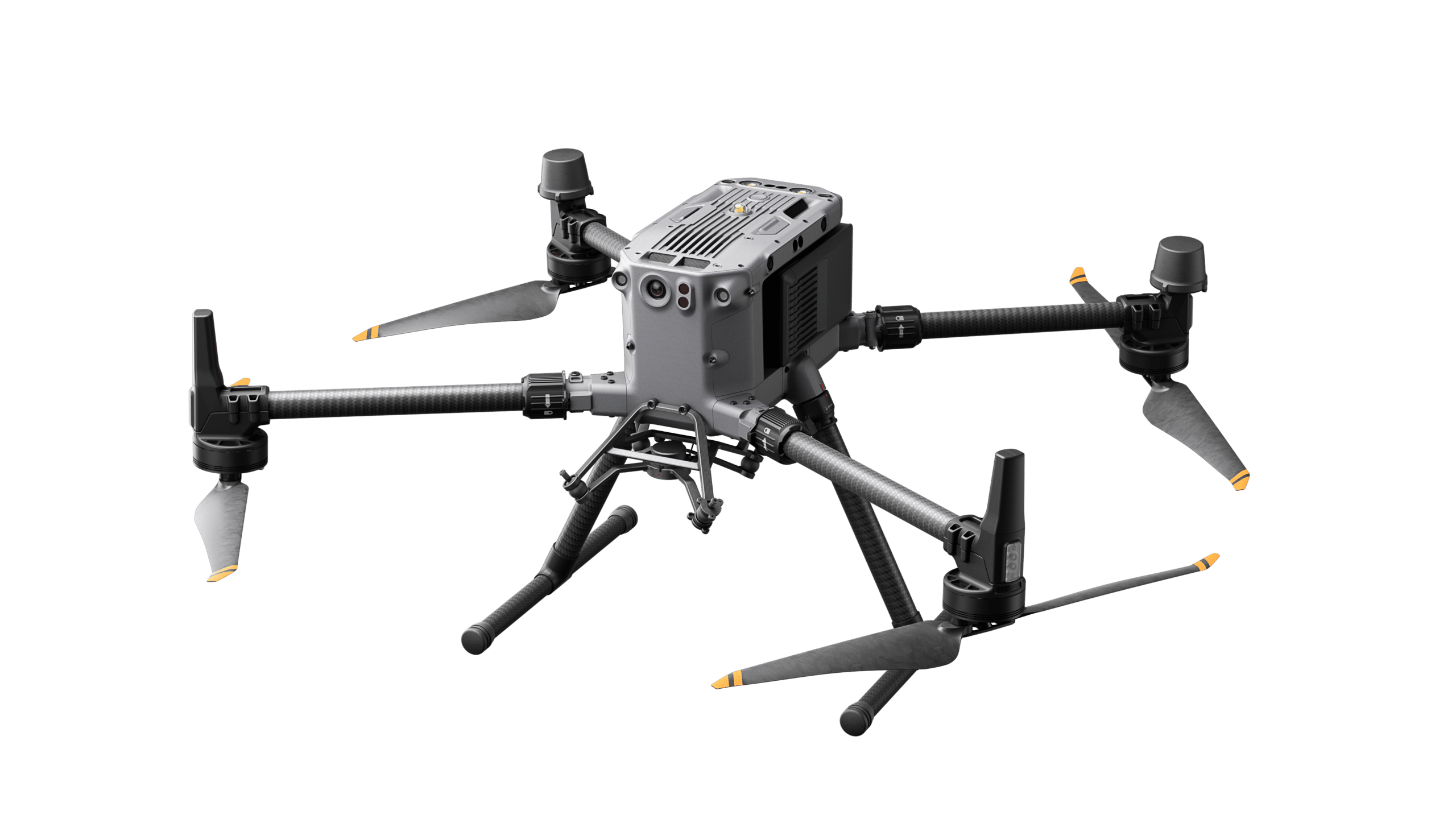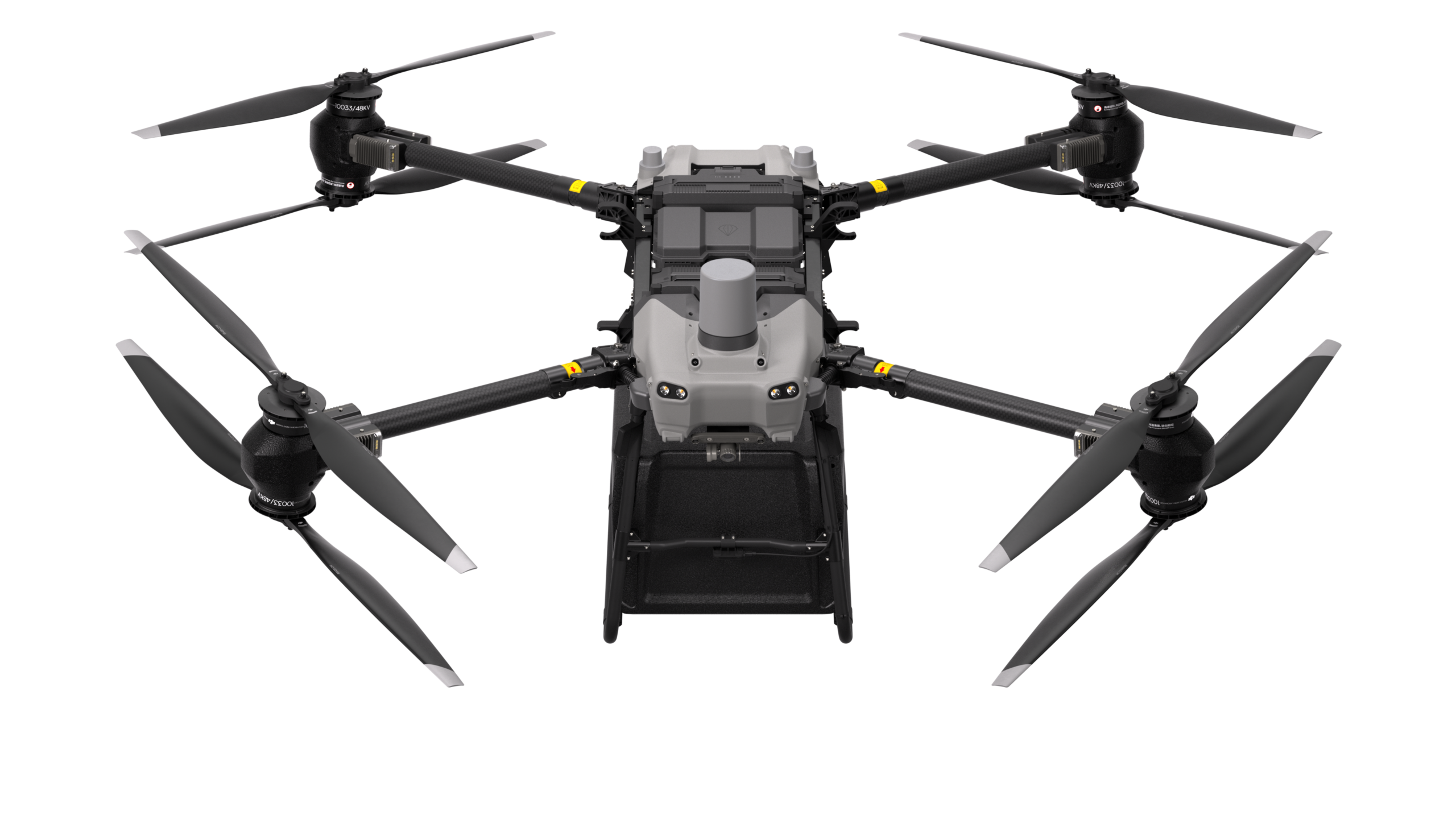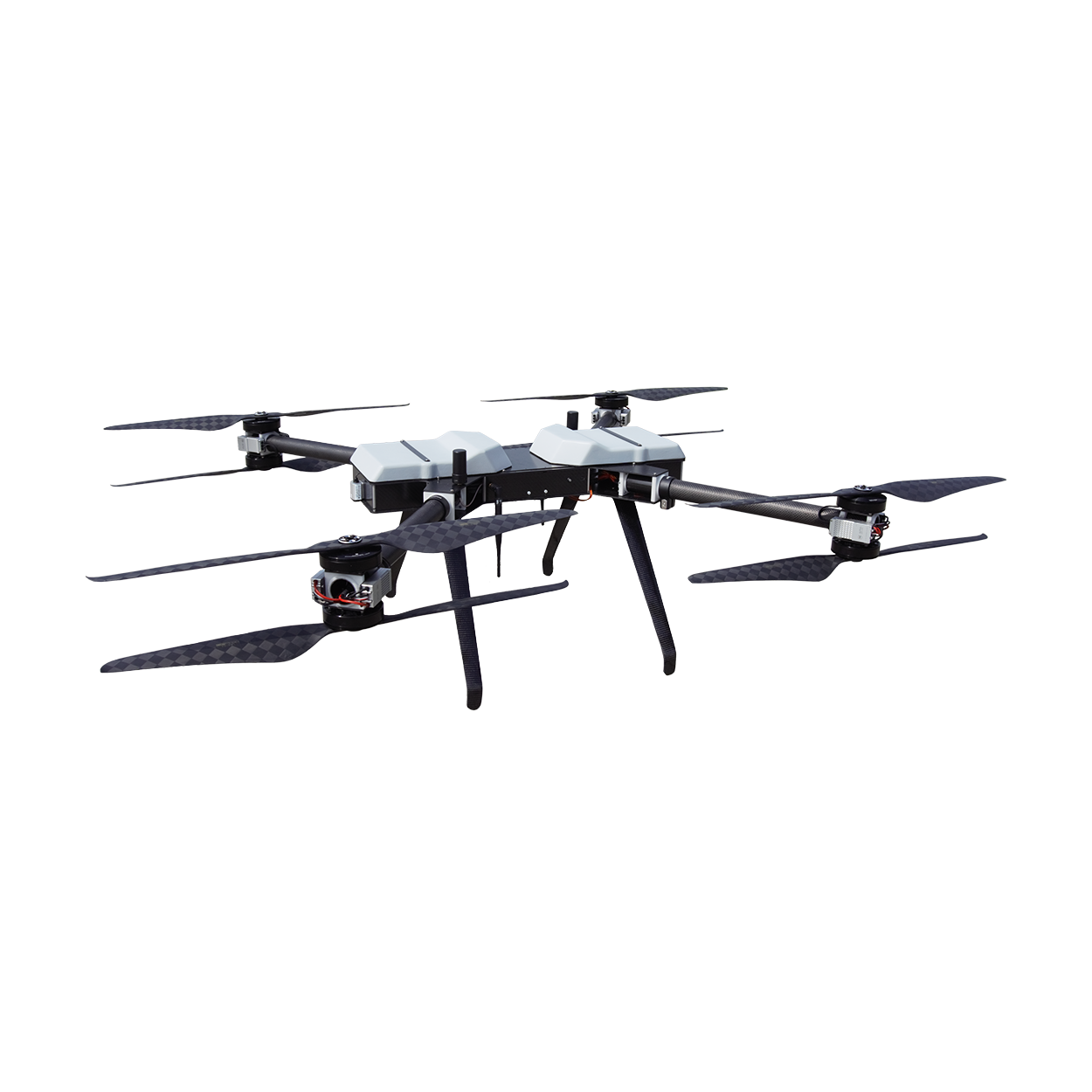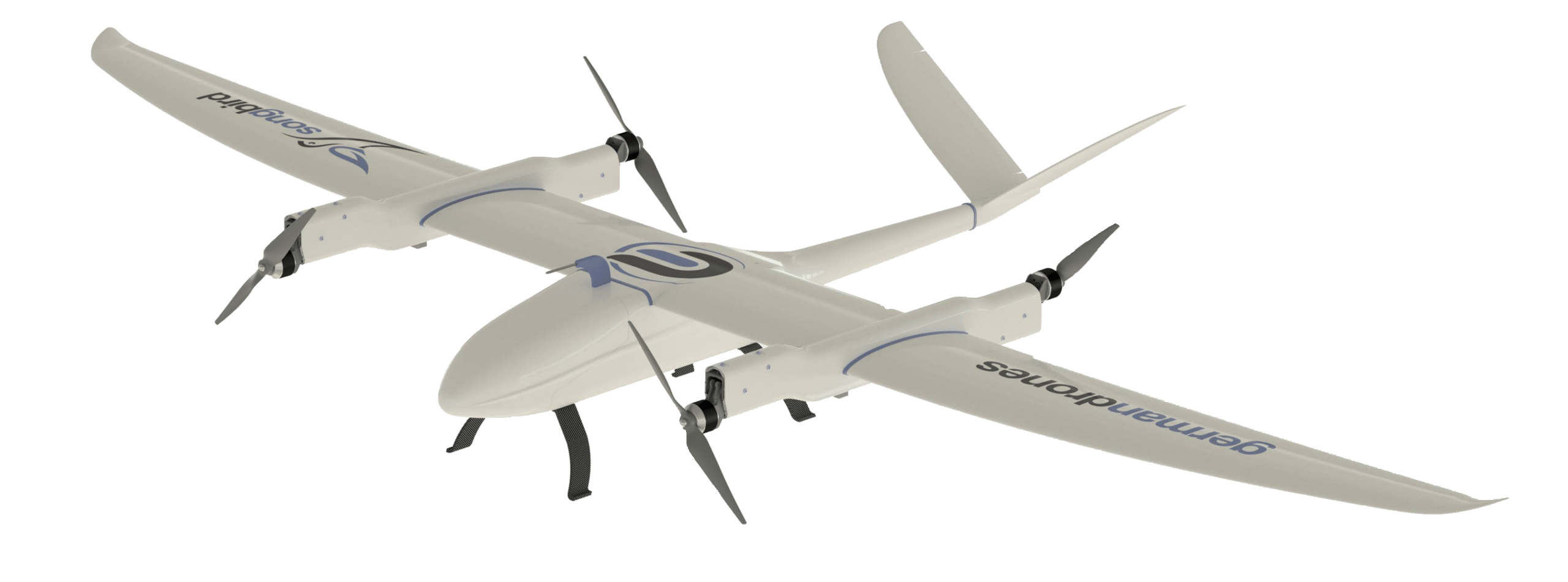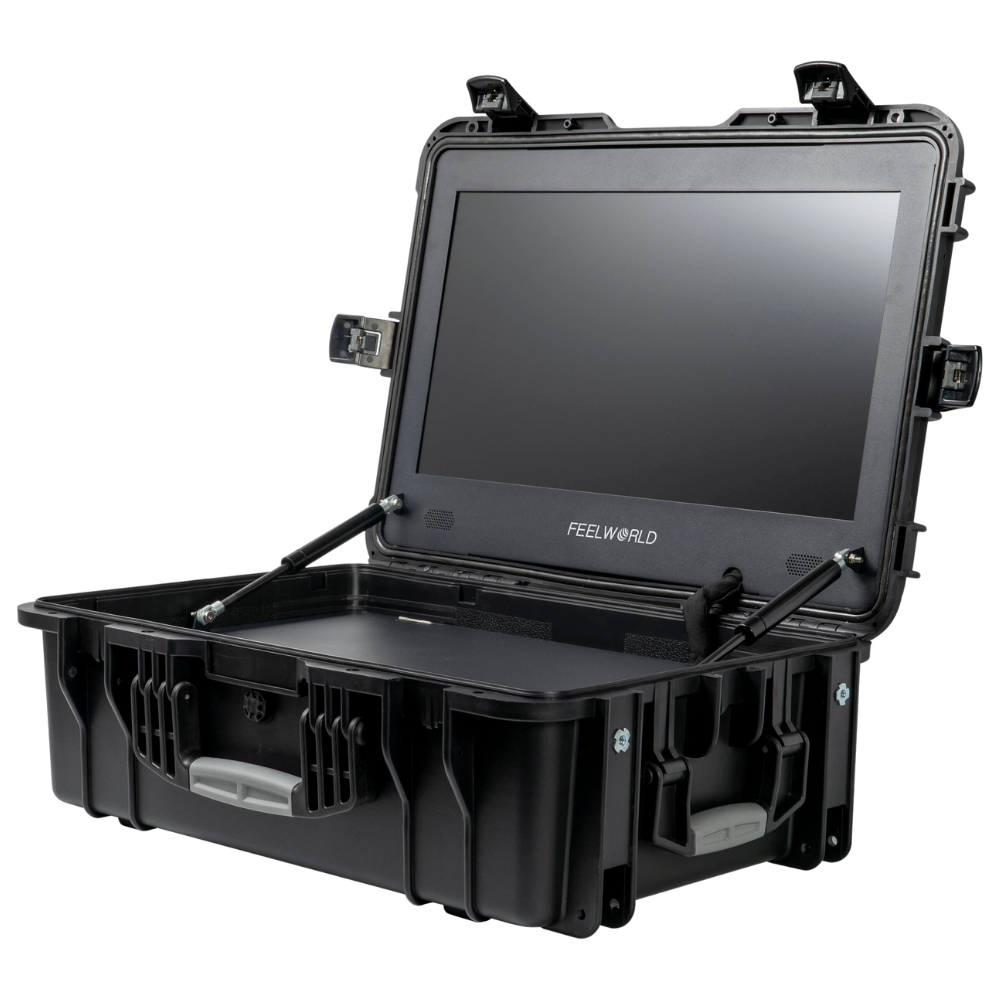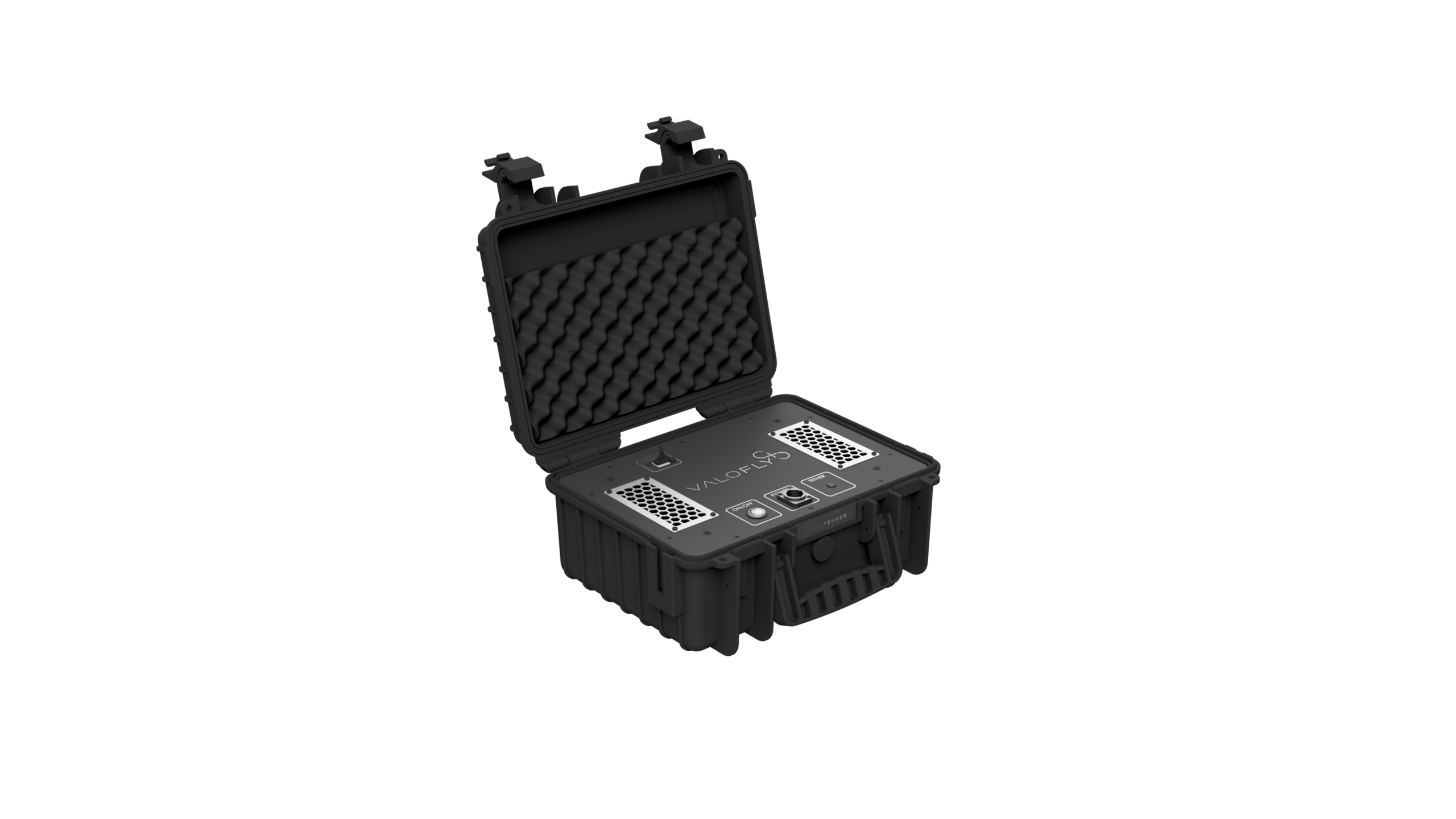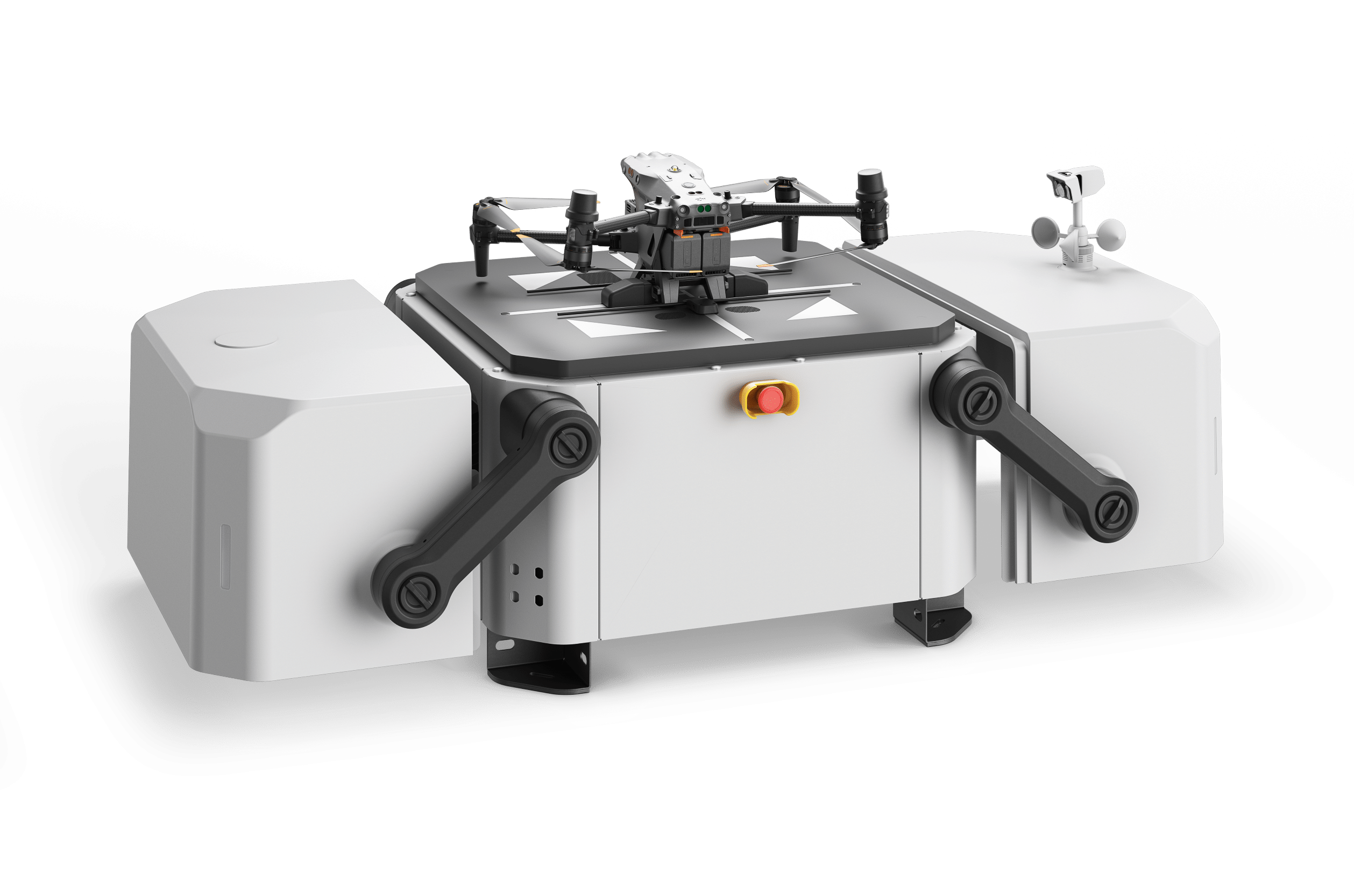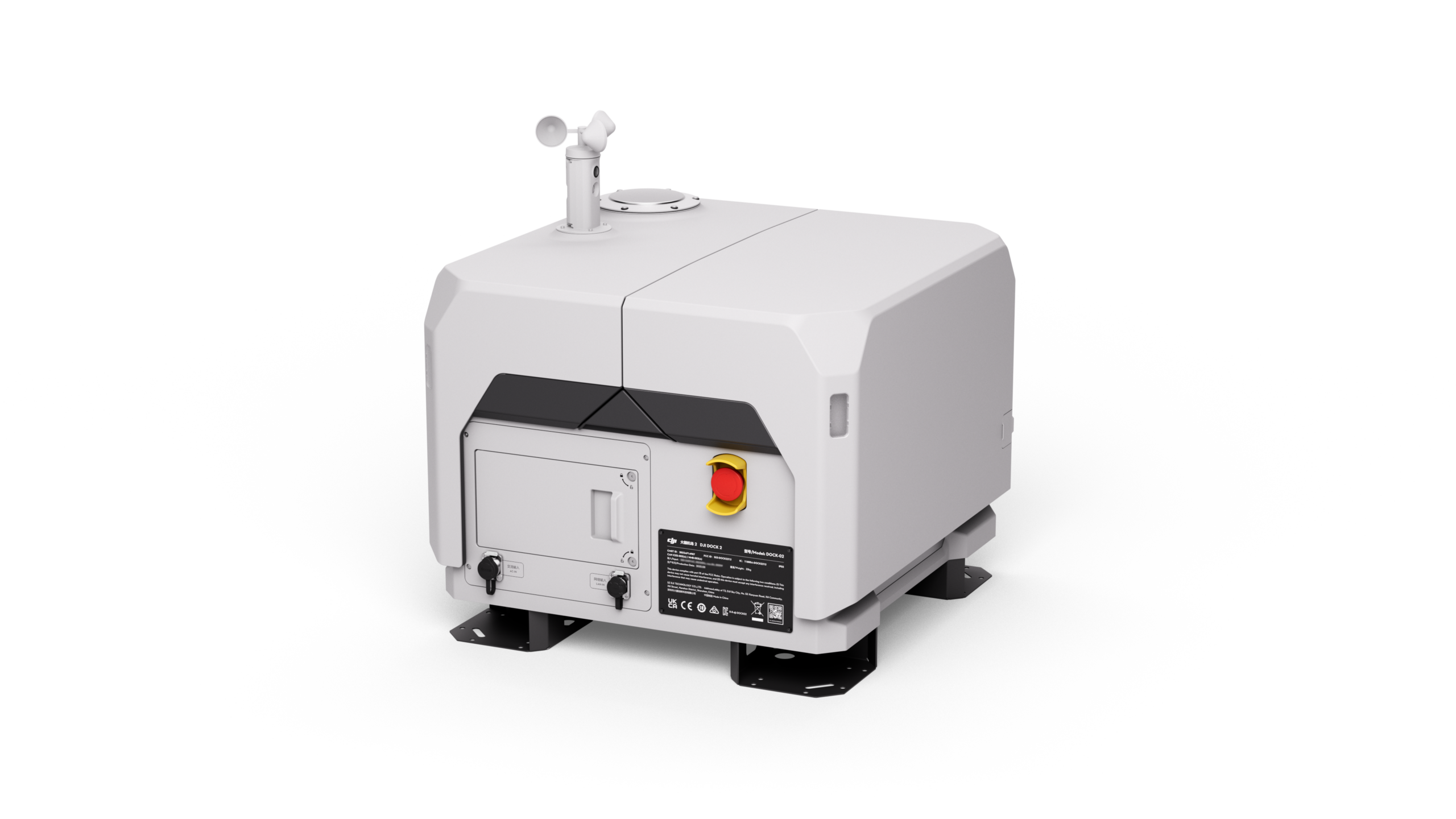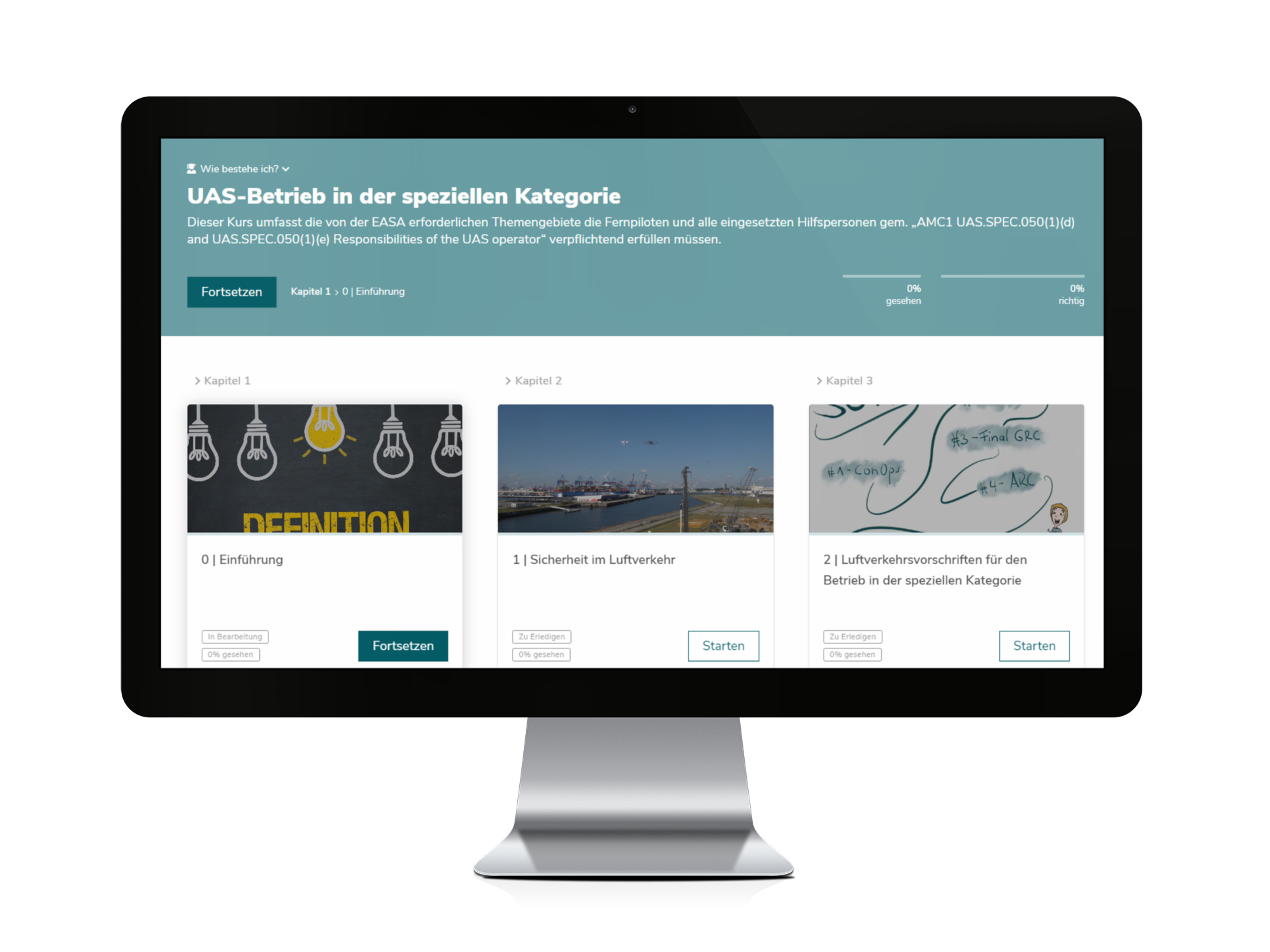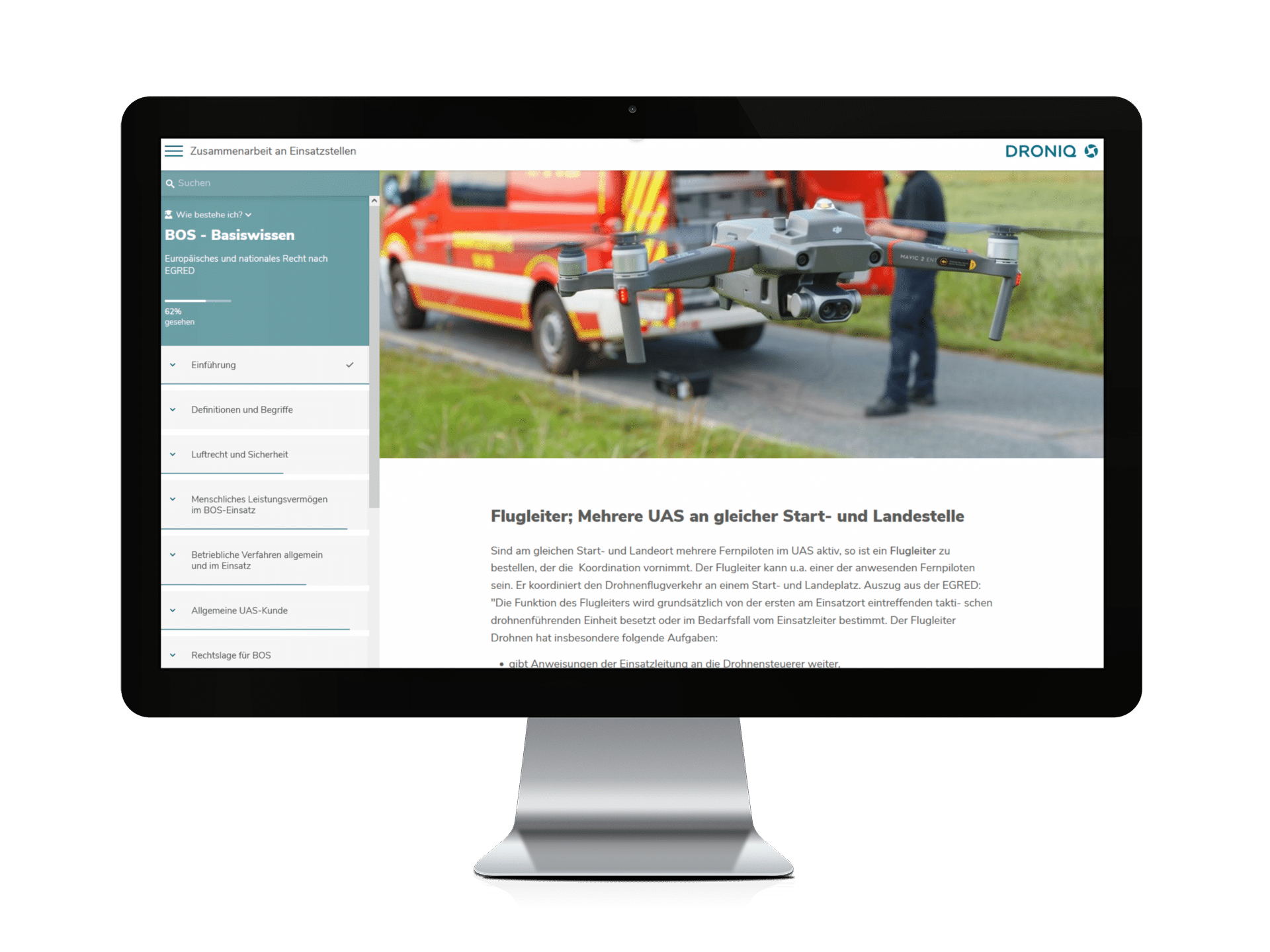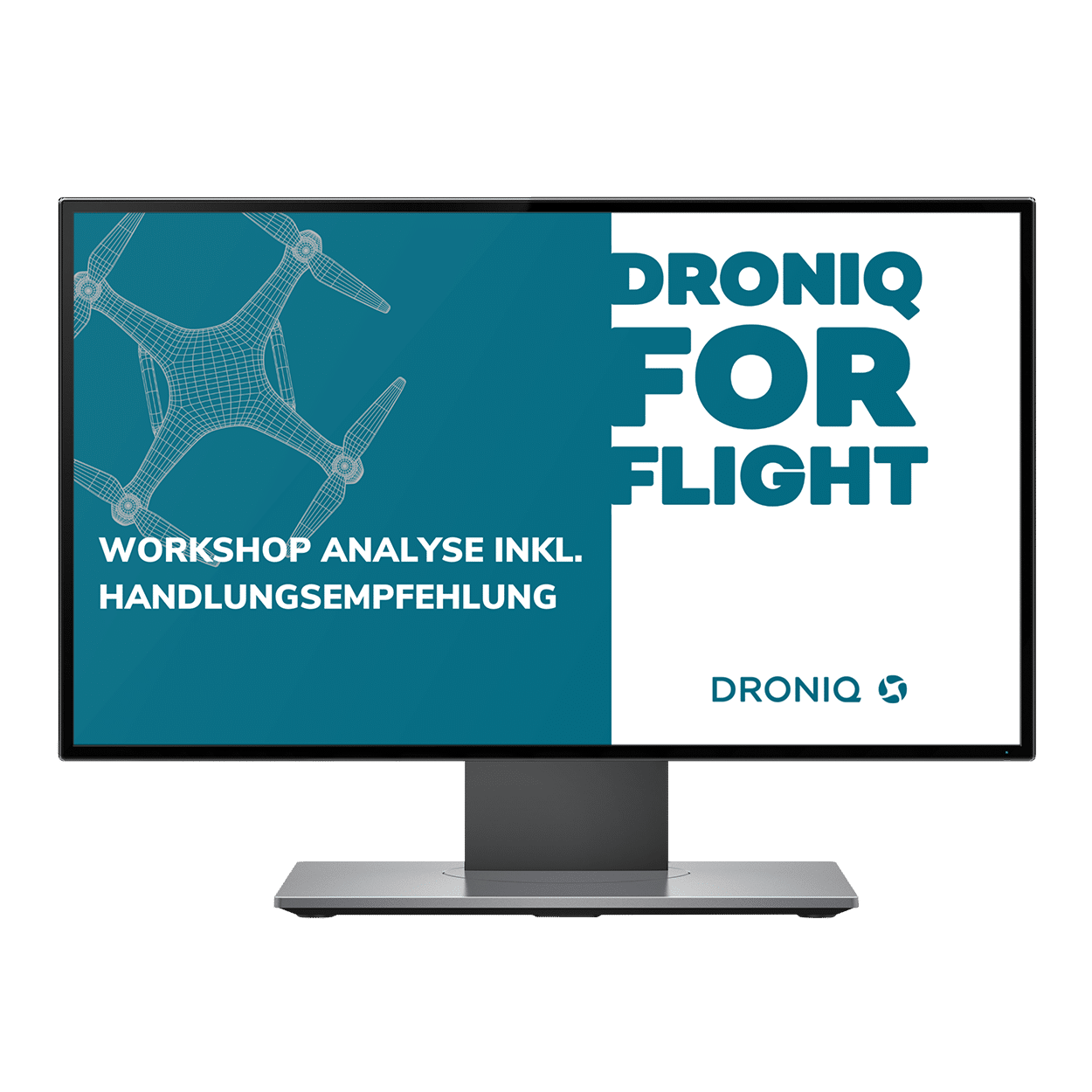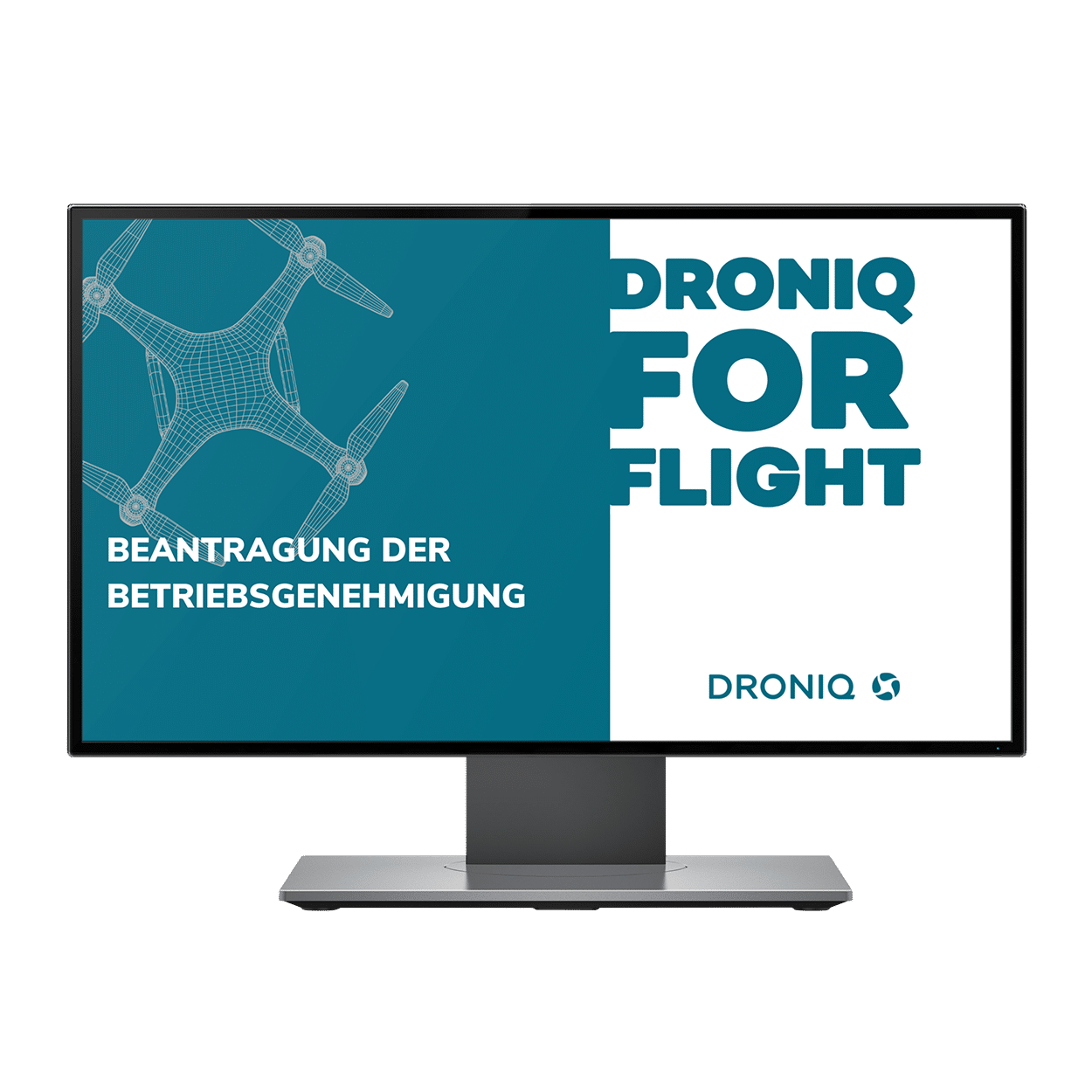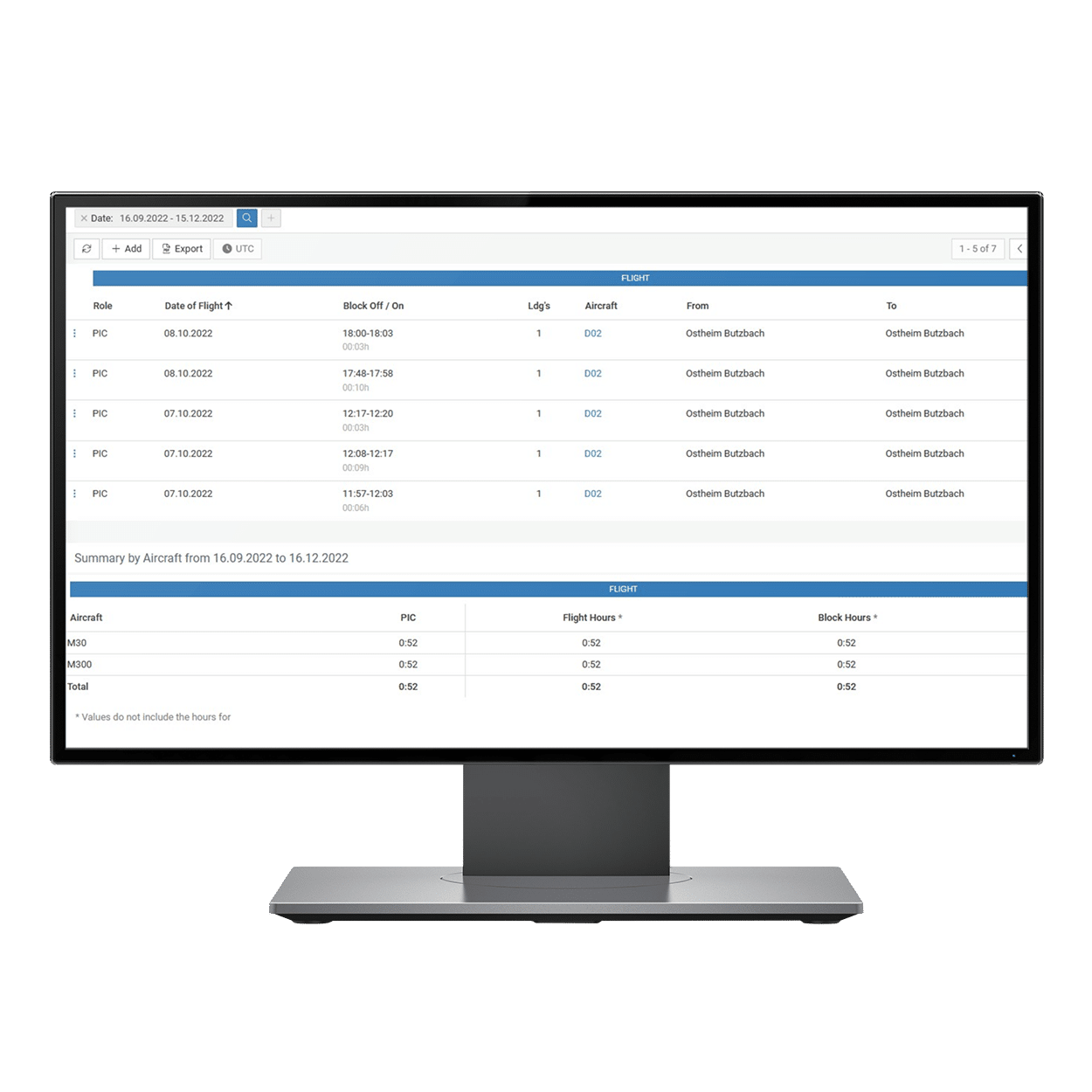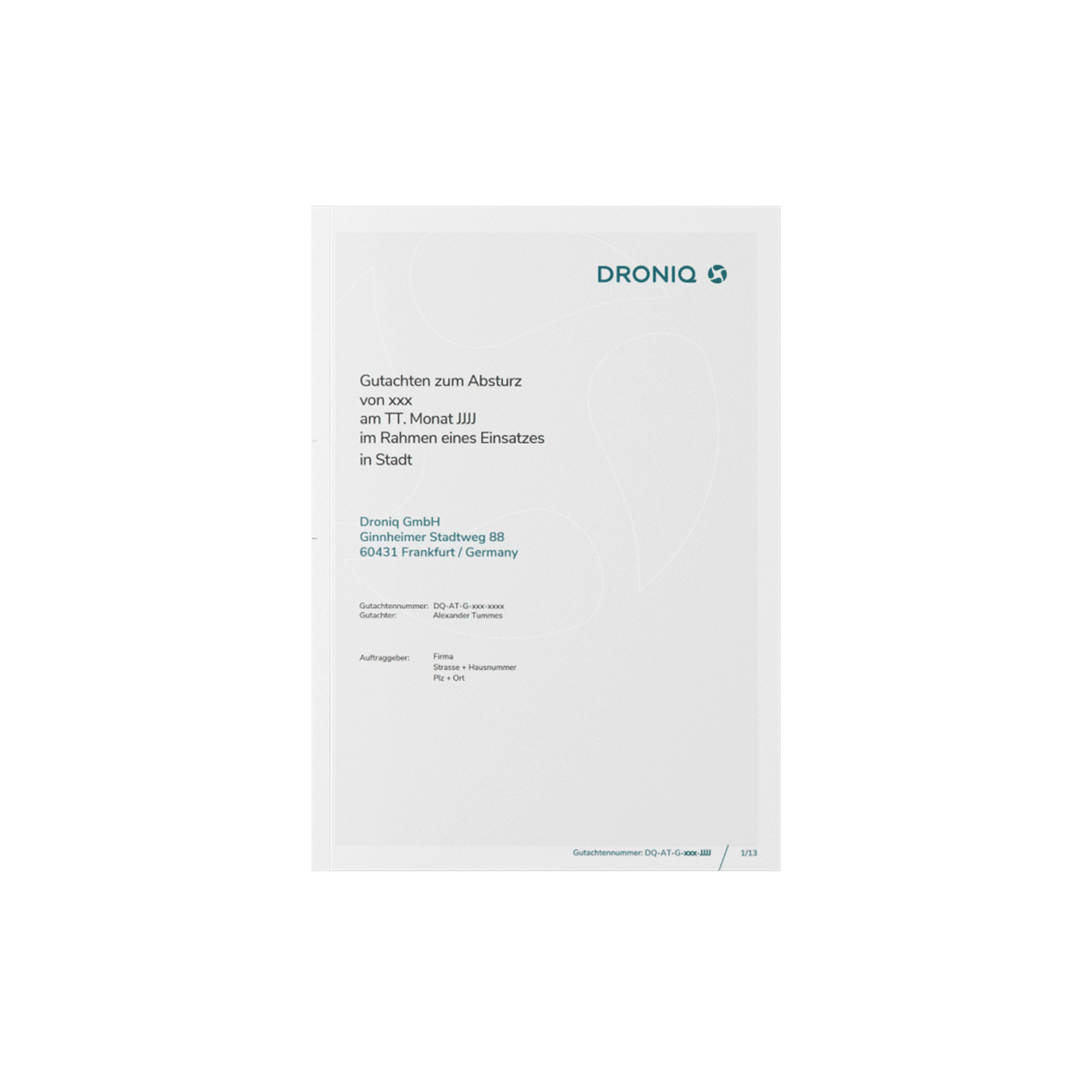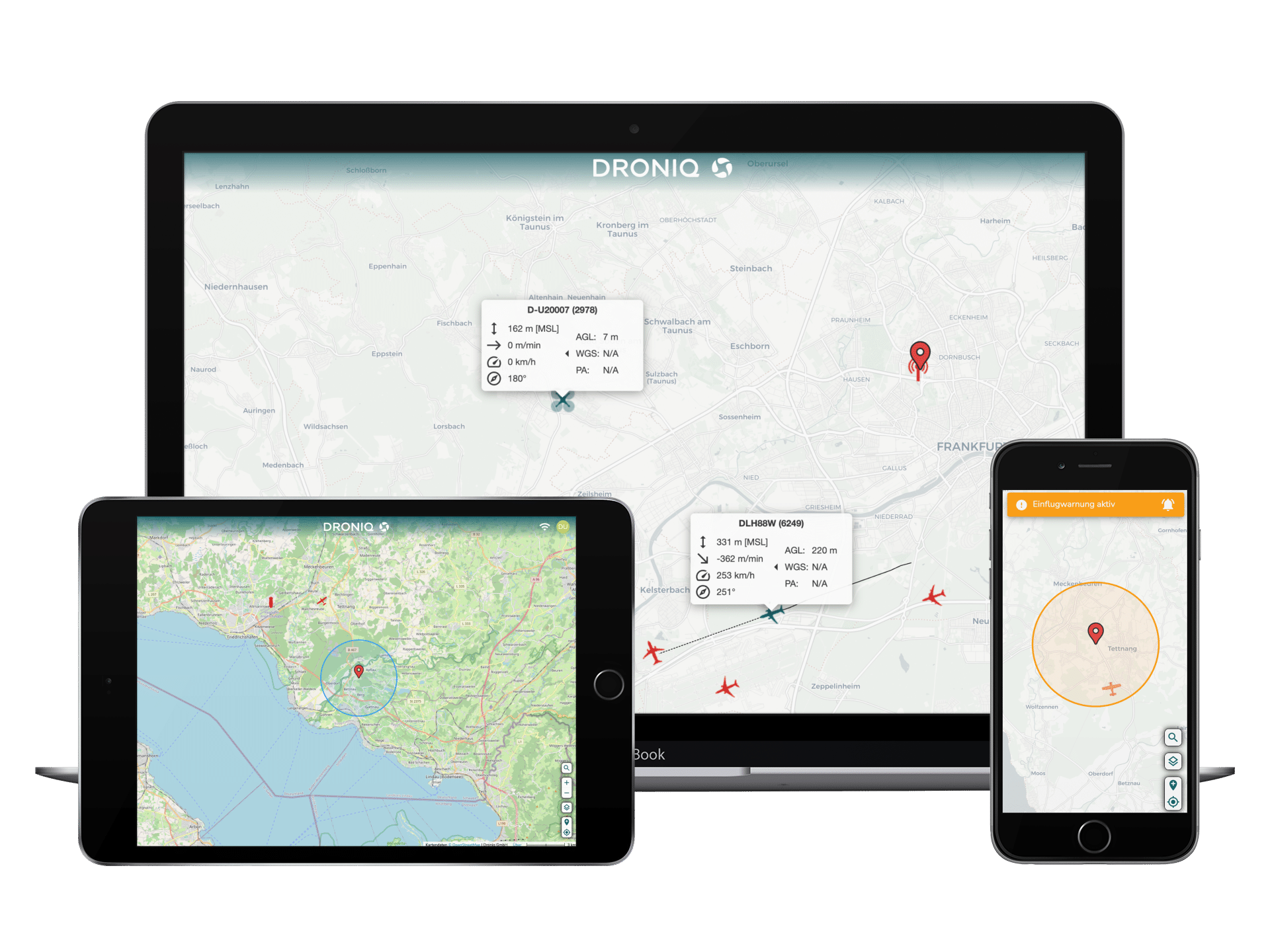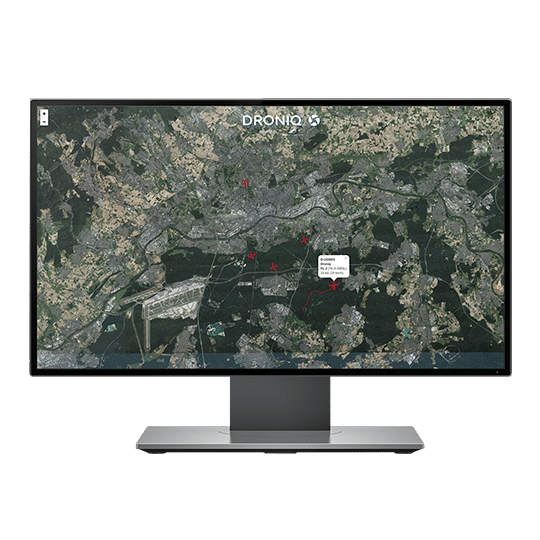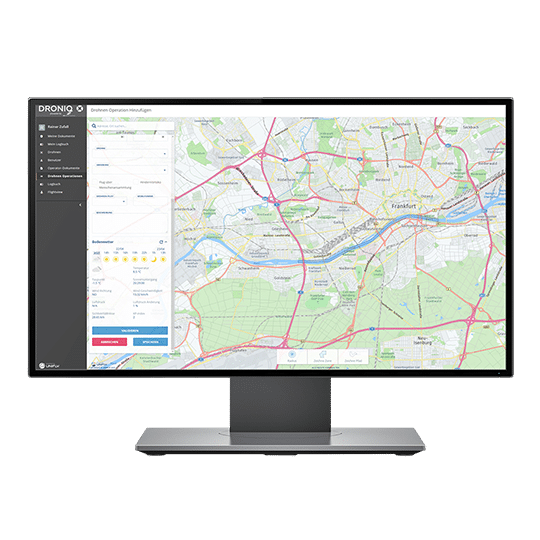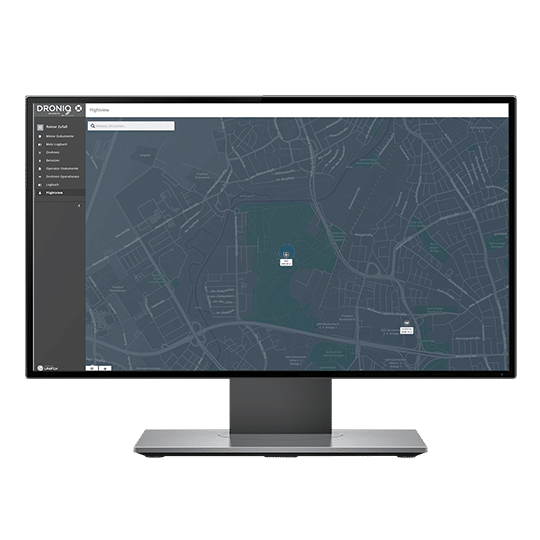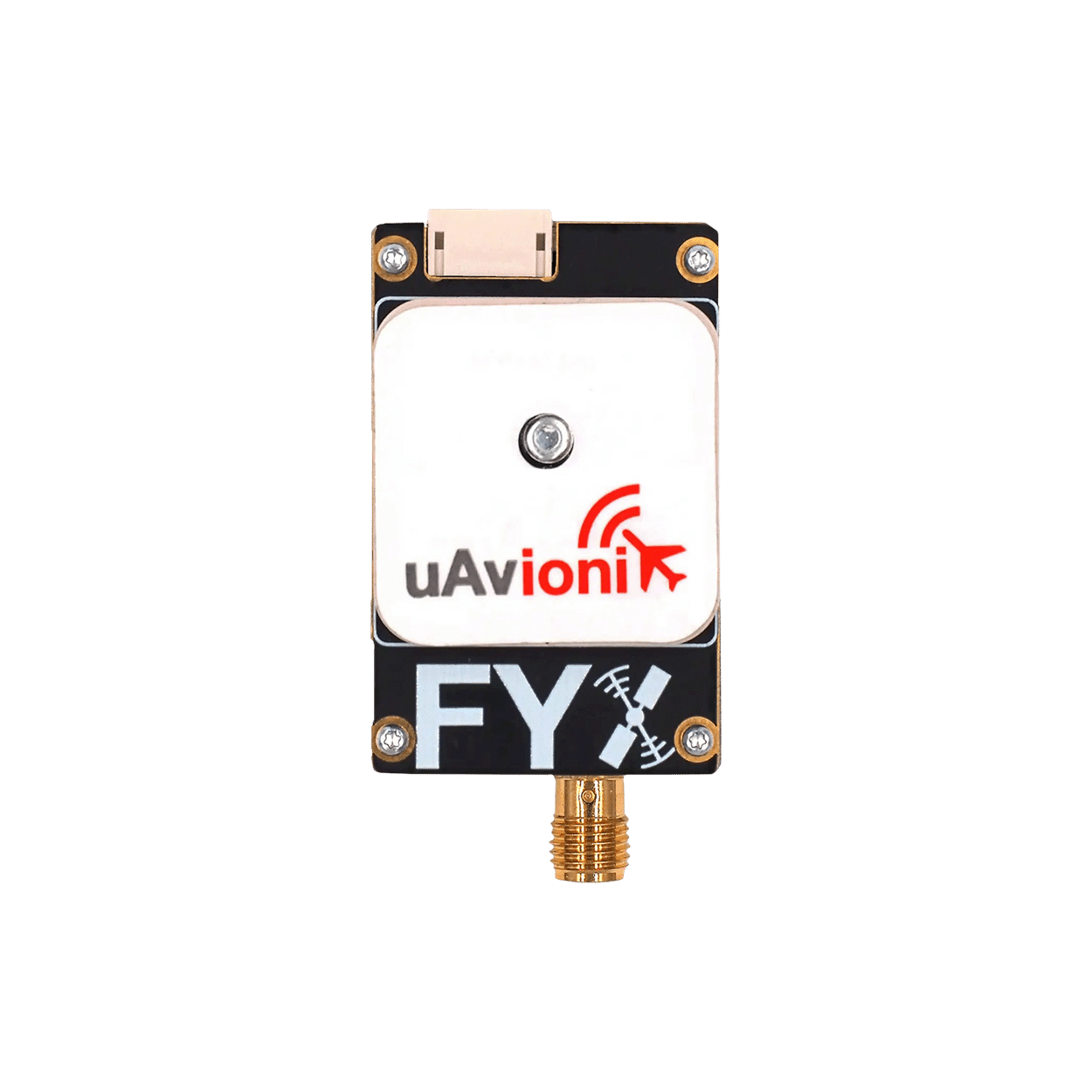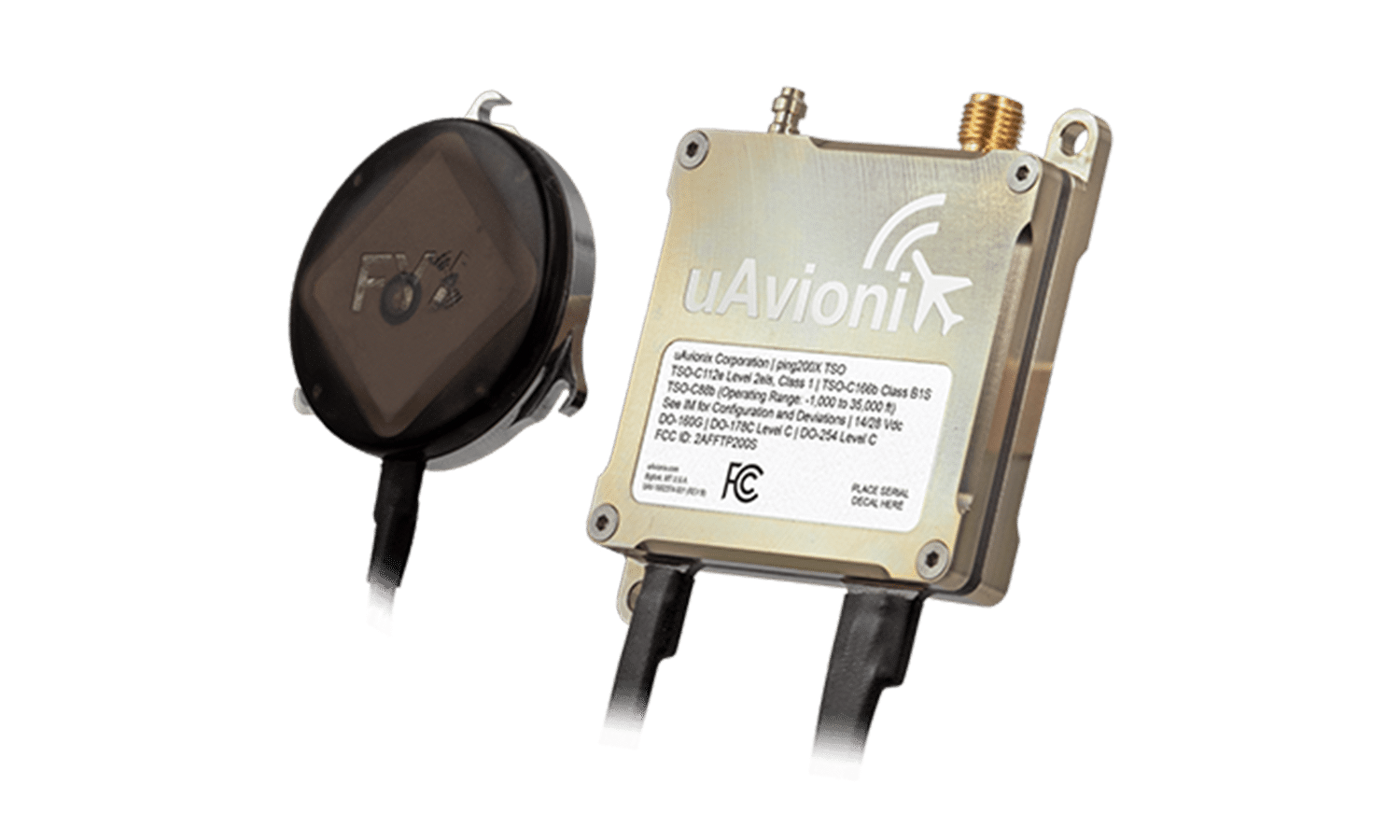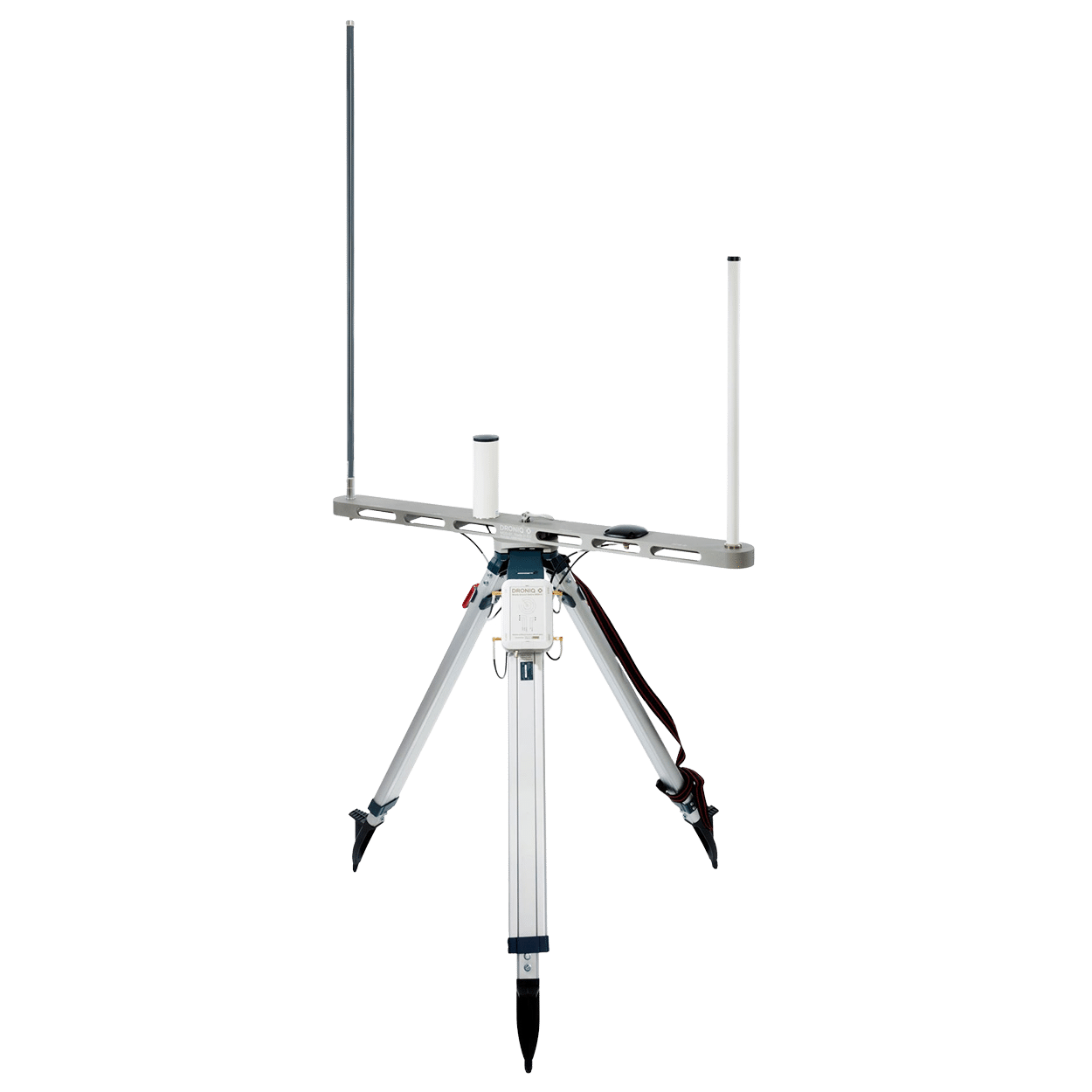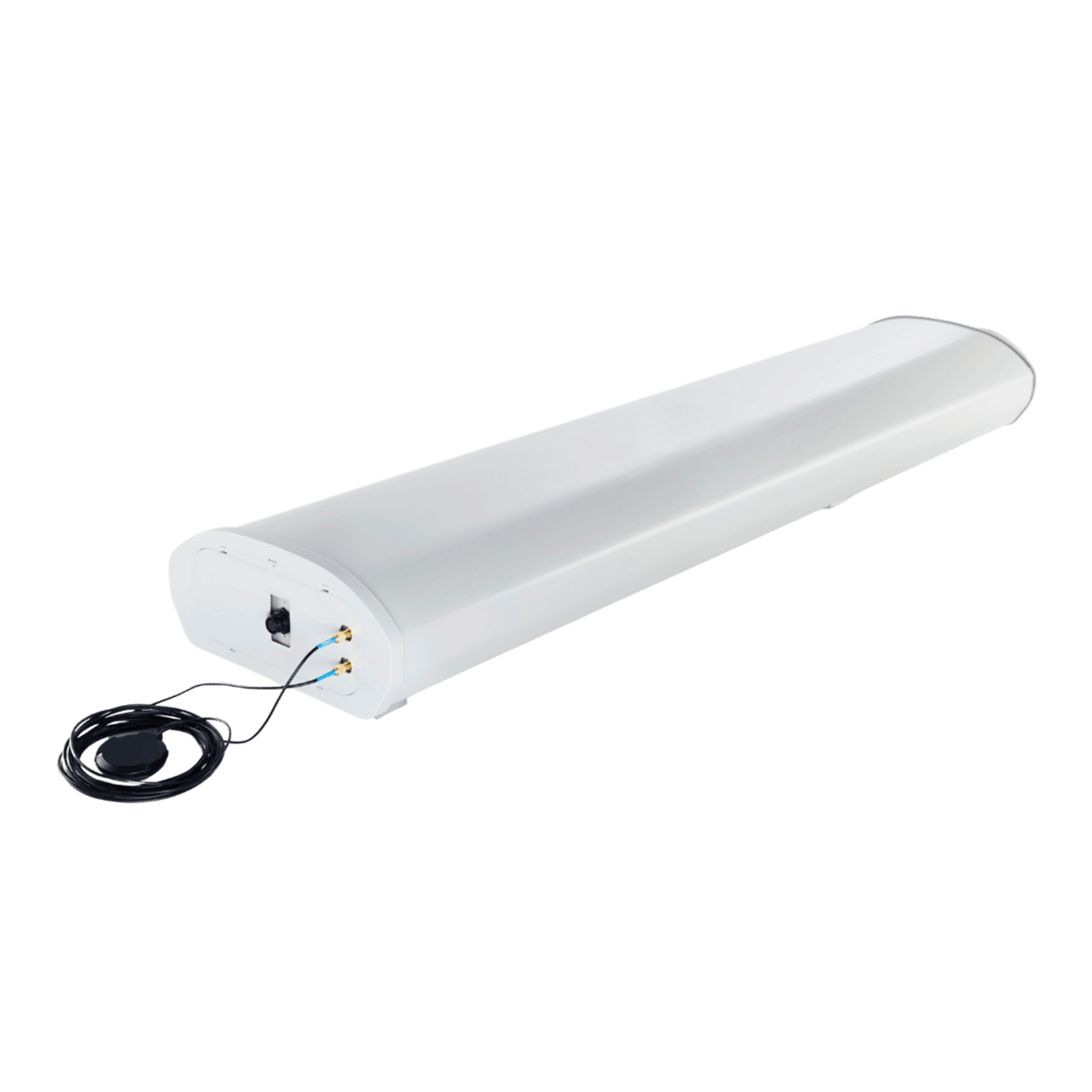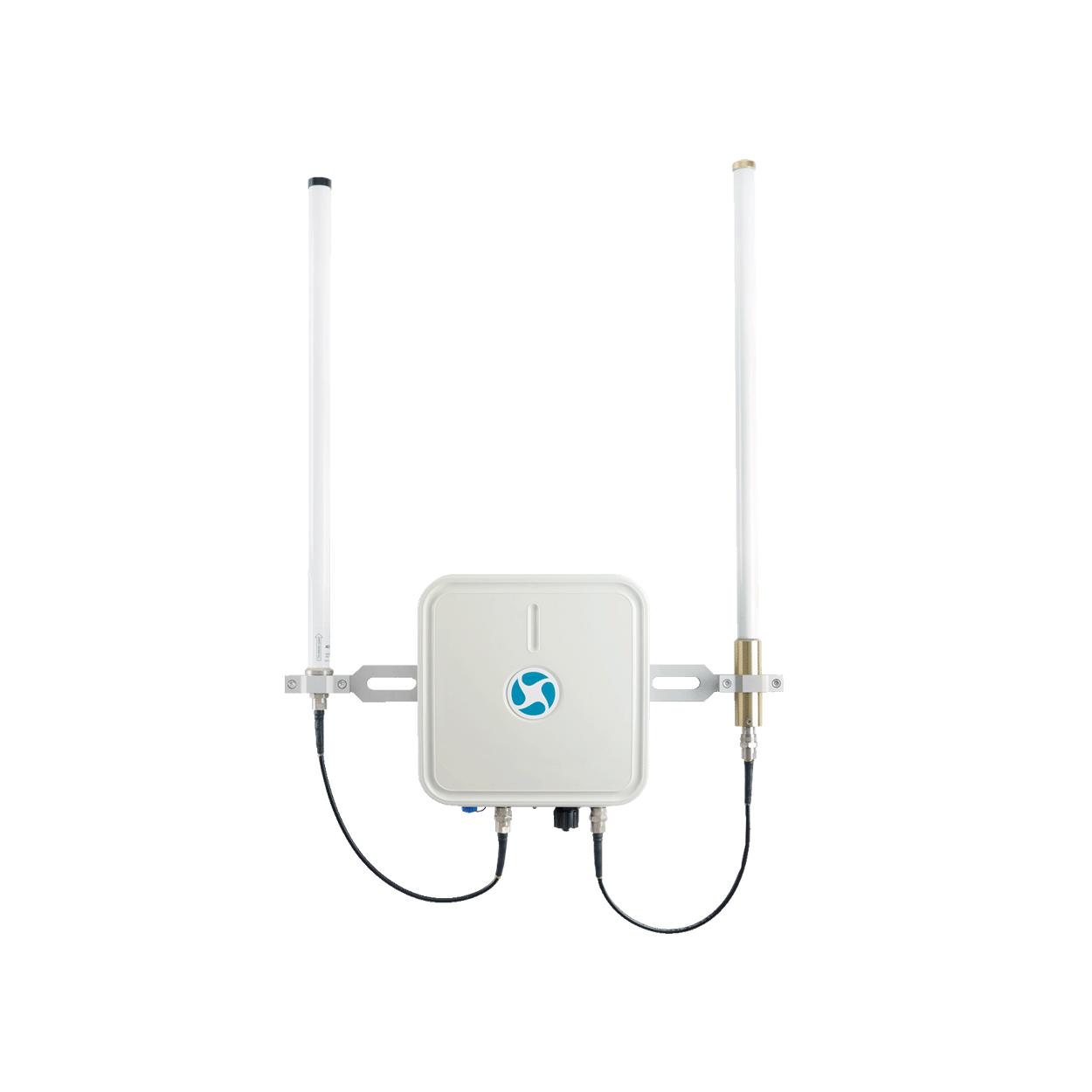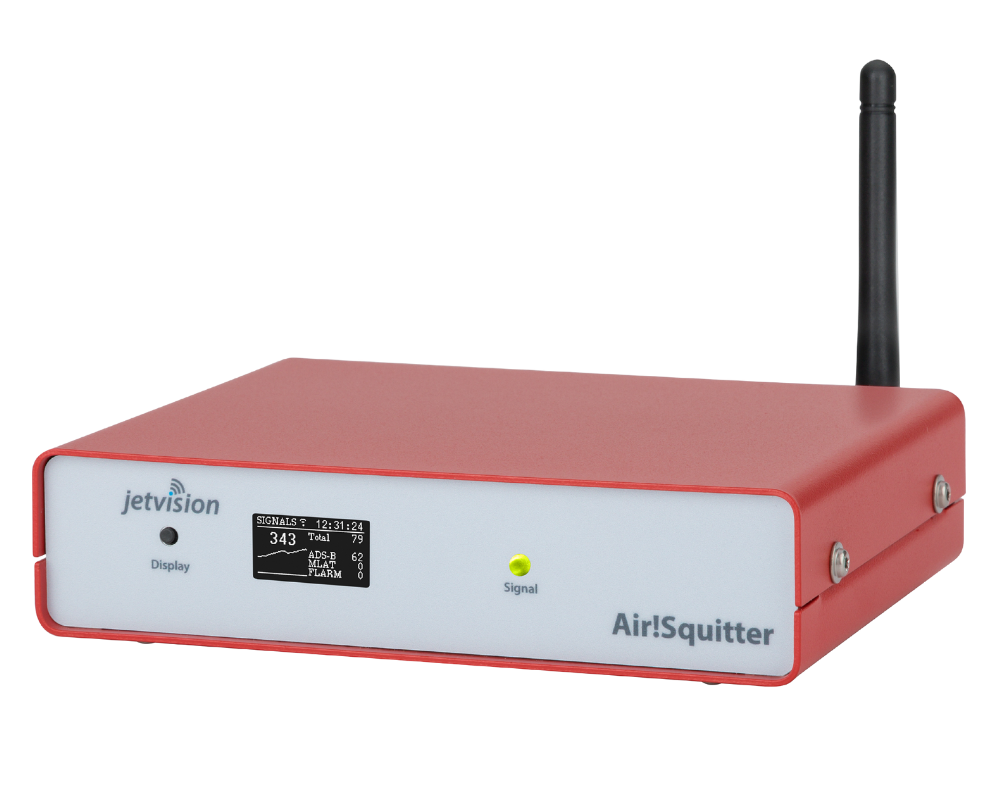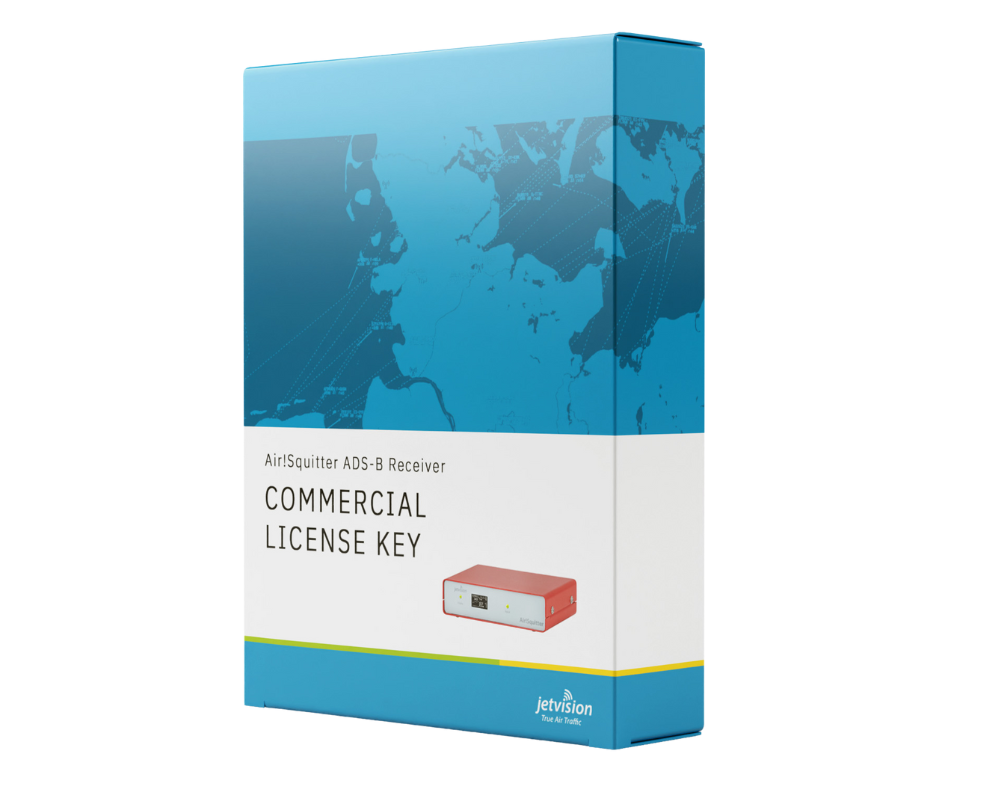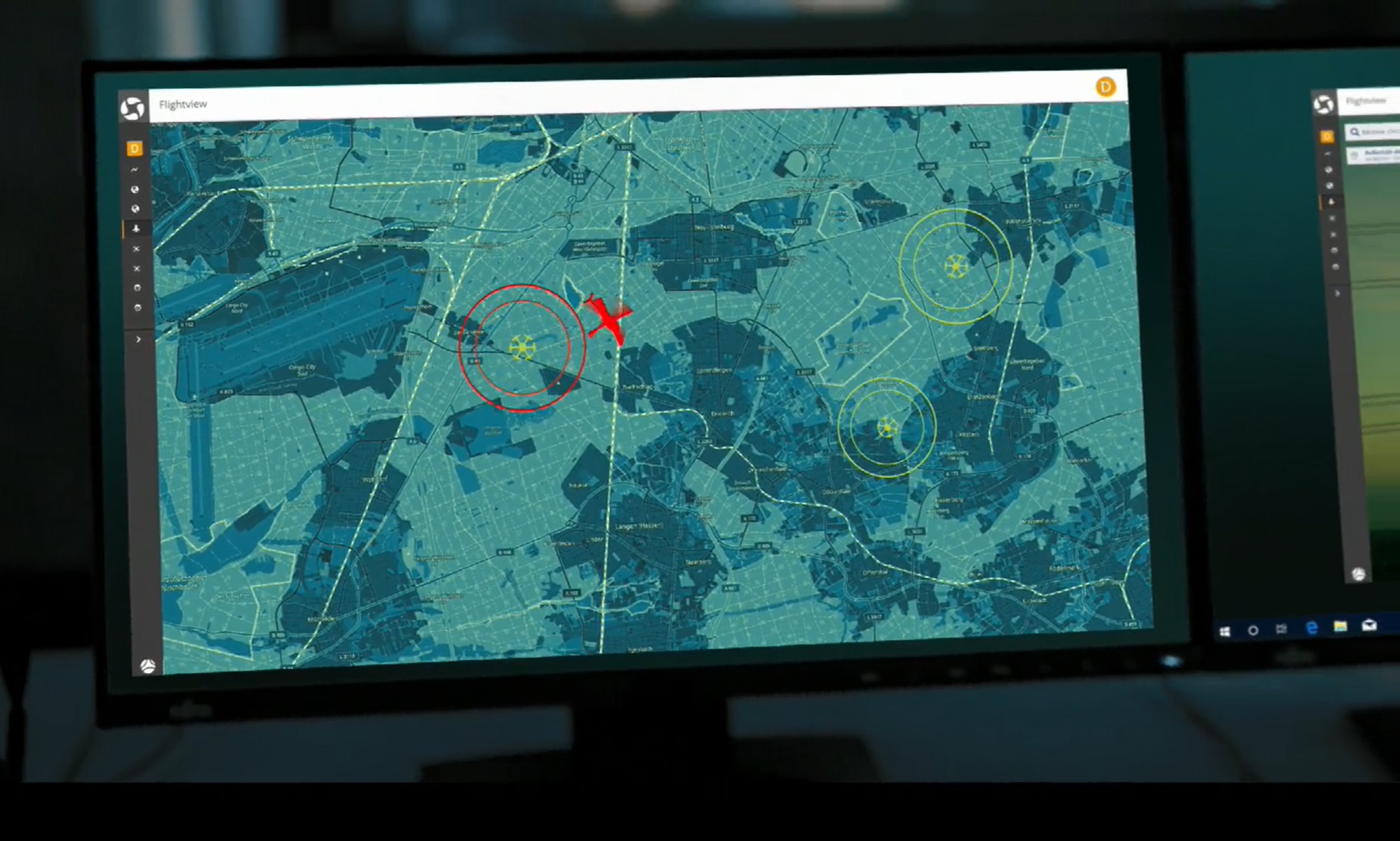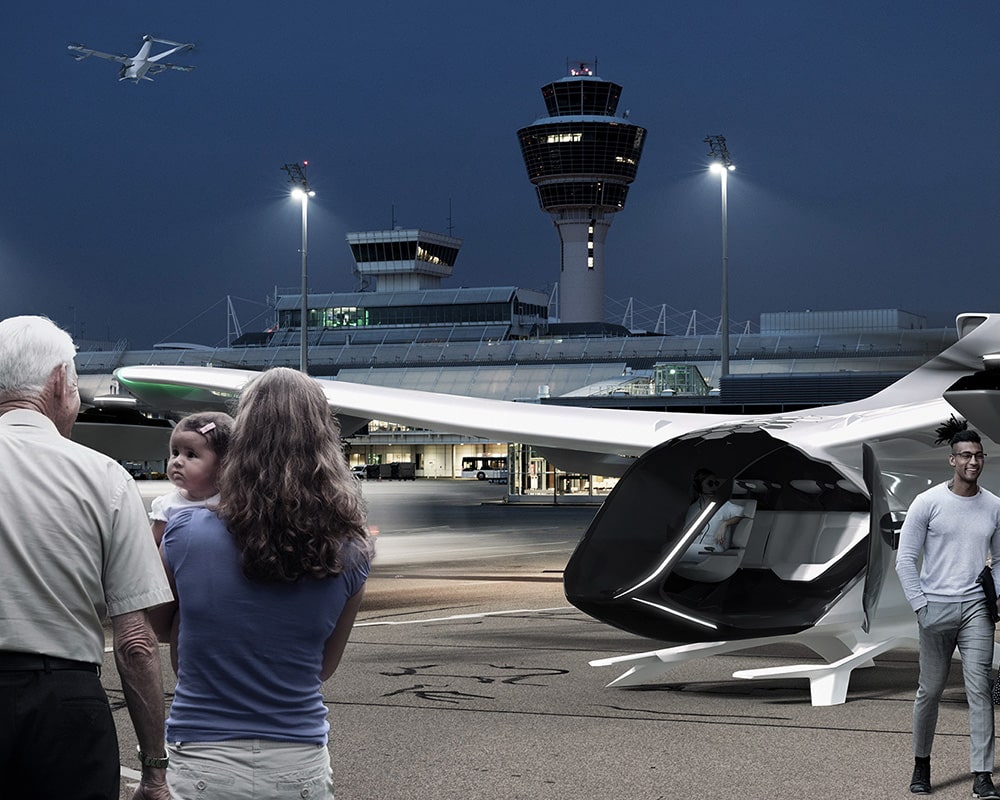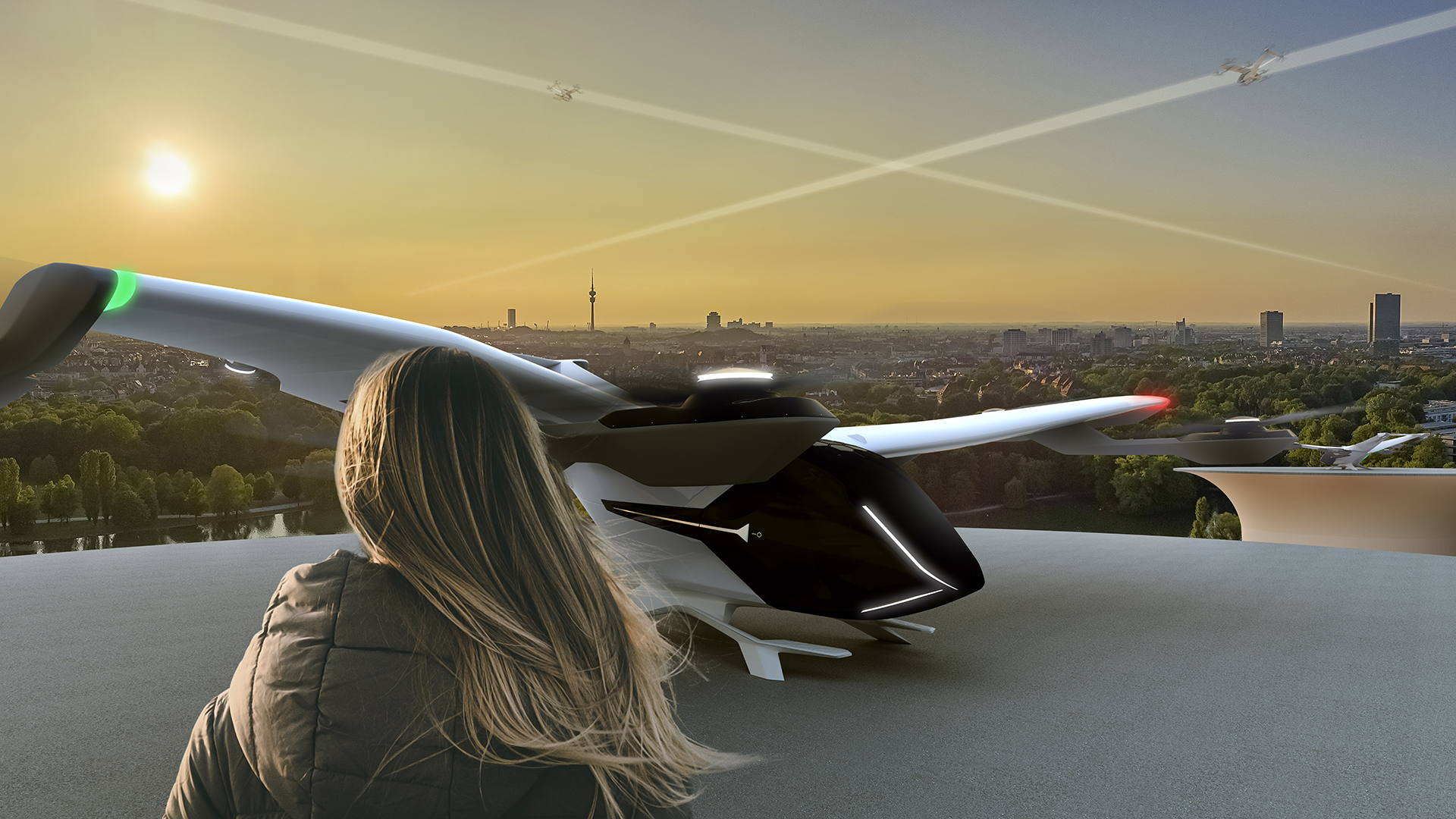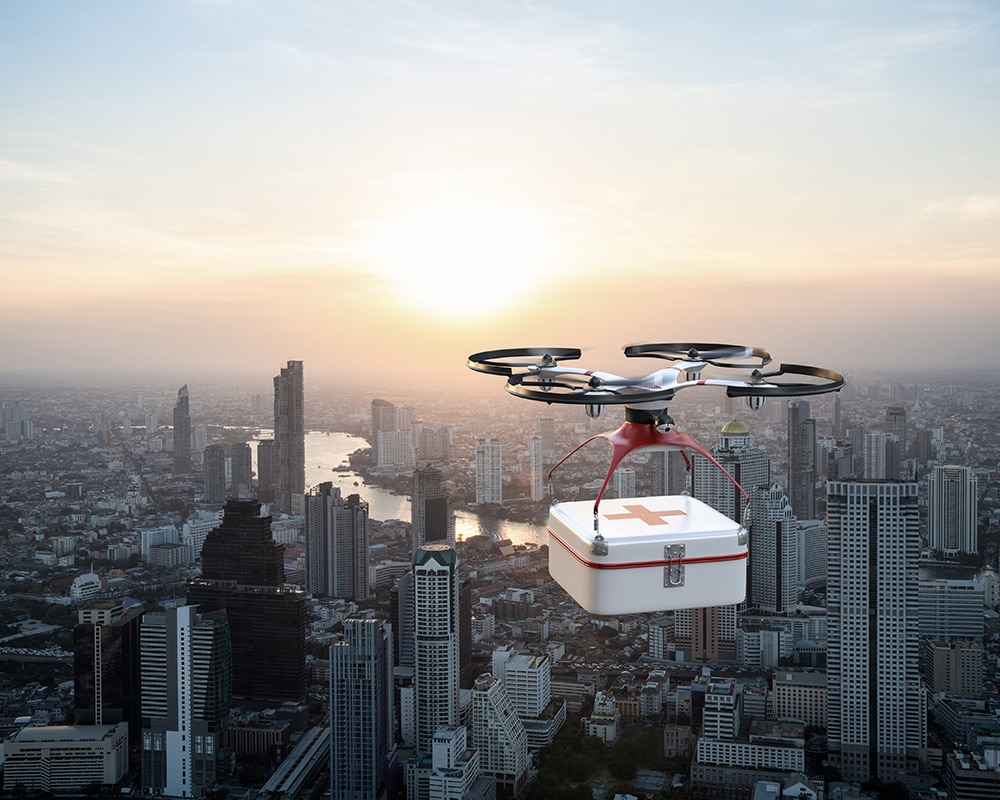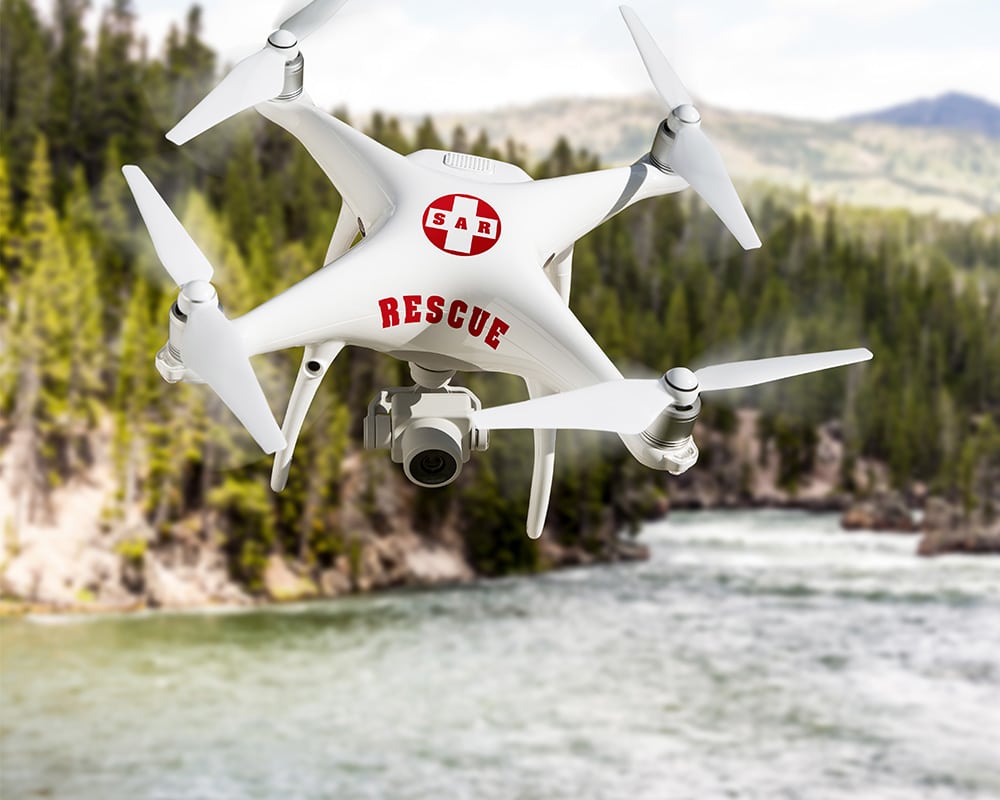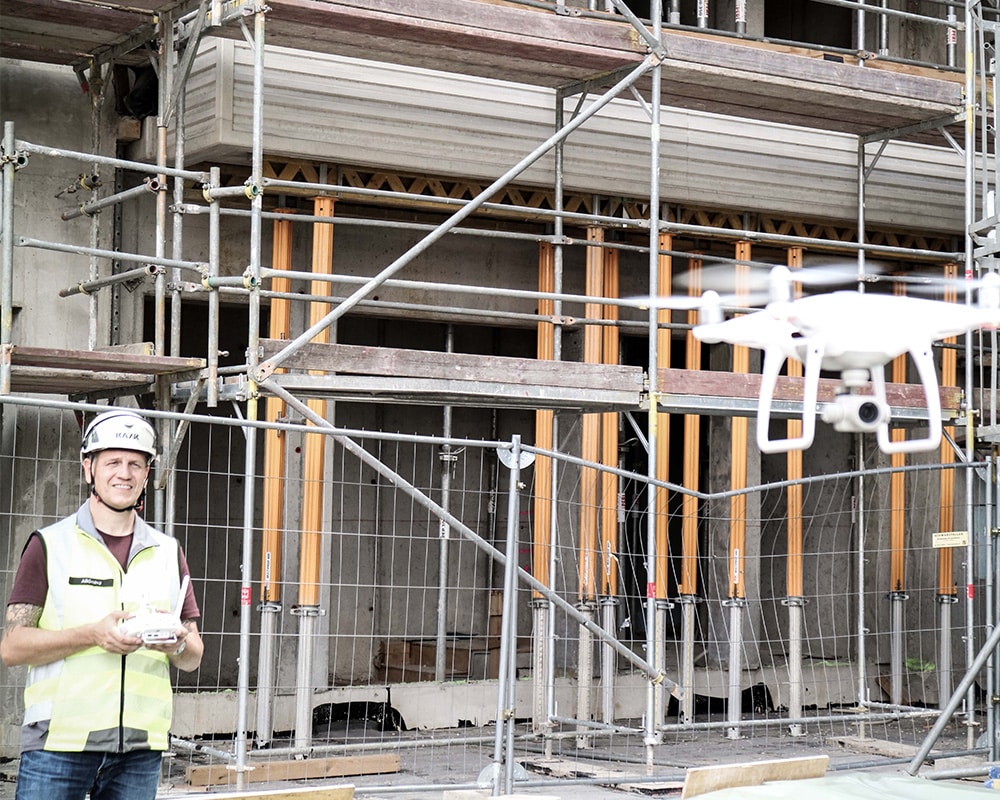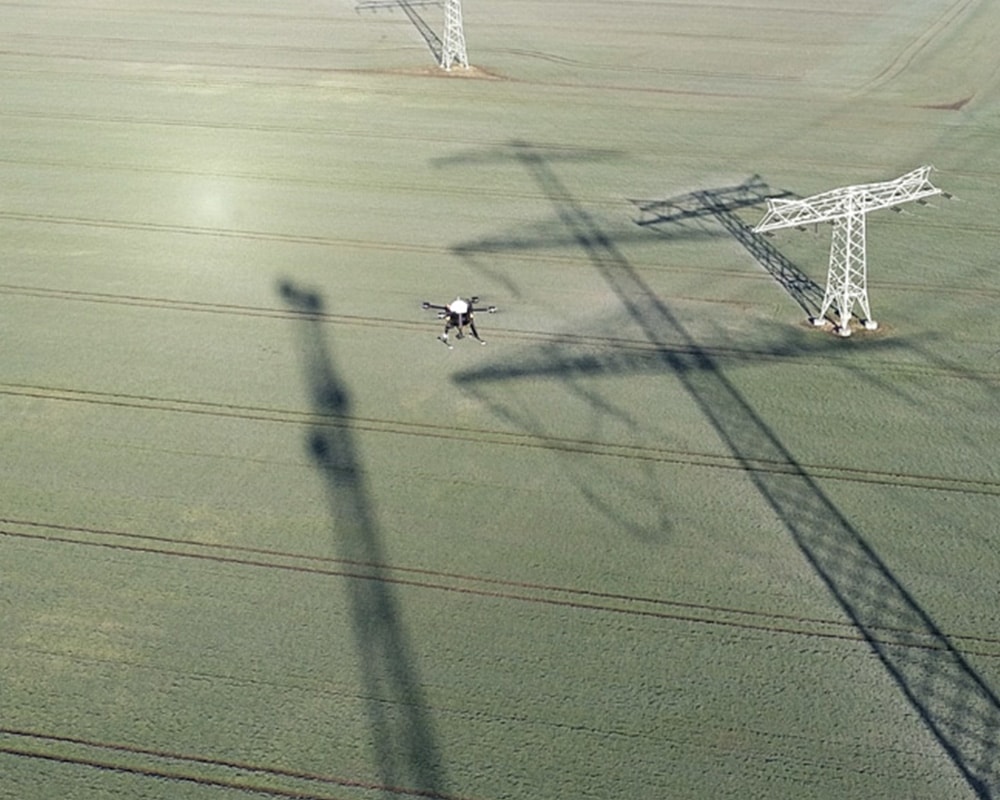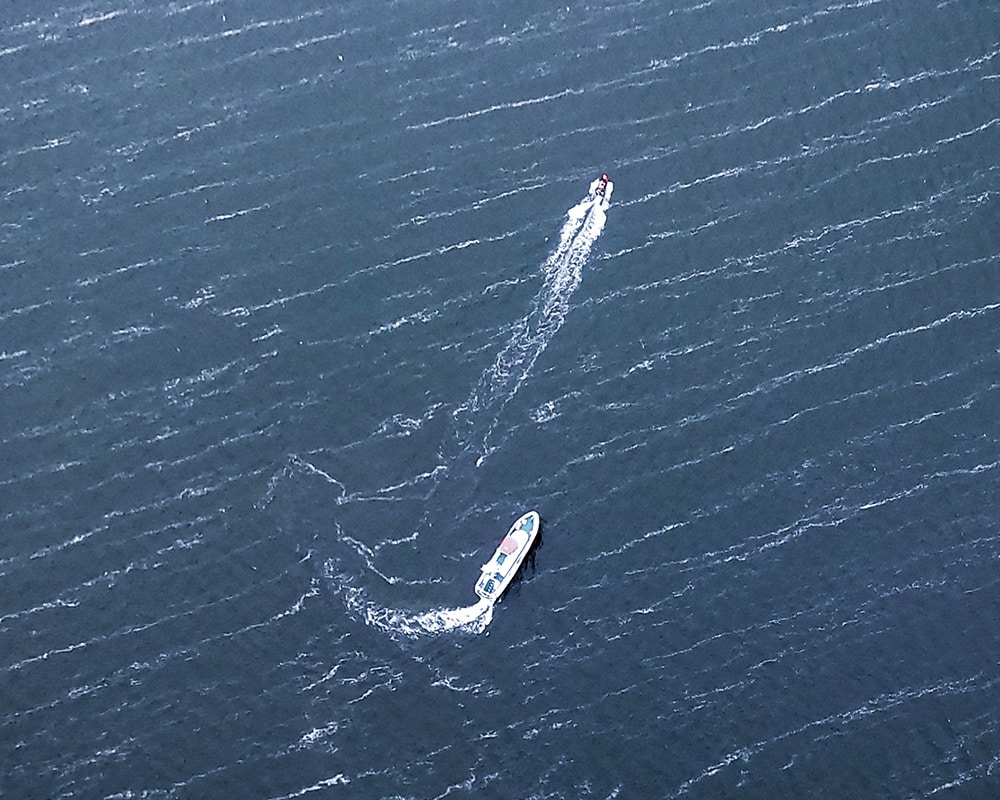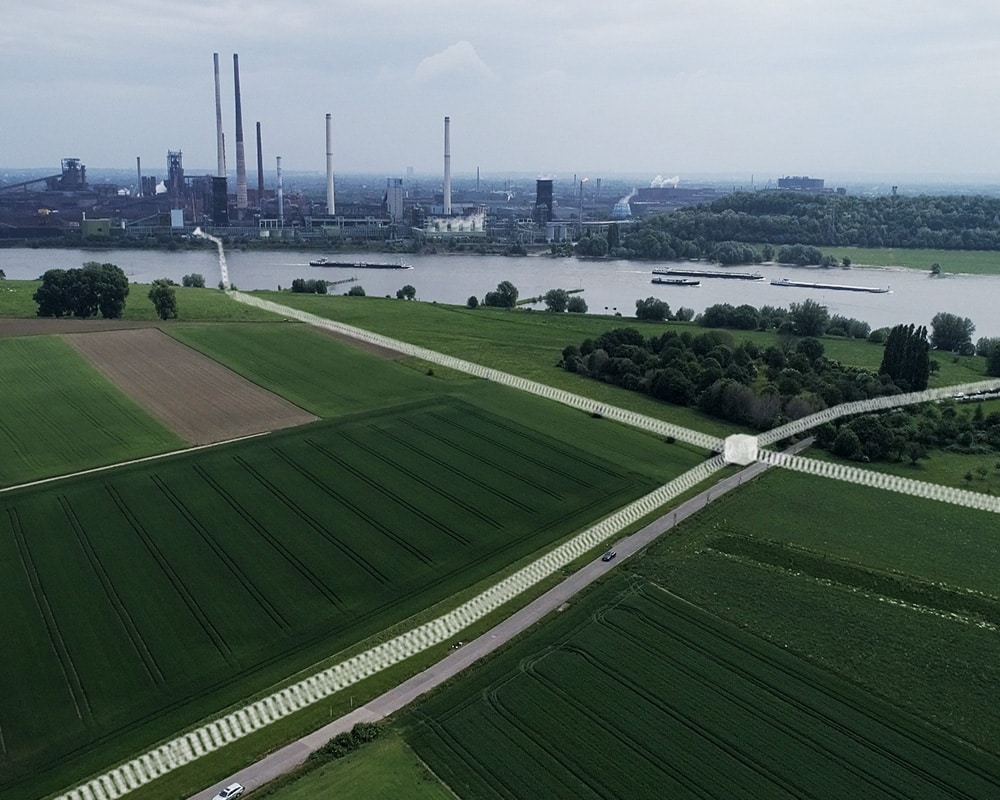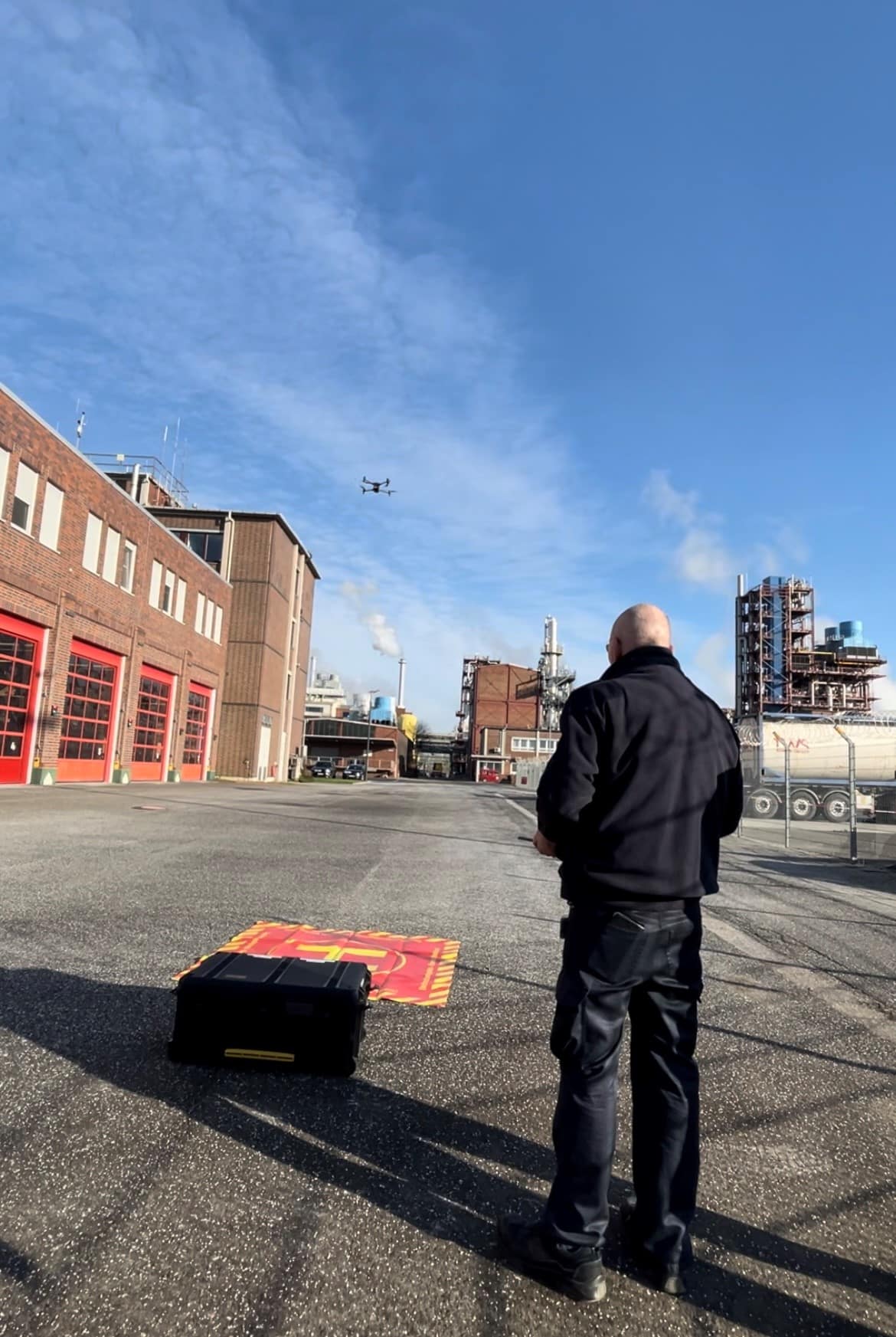Testing
of the European U-Space concept in the port of Hamburg
Implementation
of test flights for the transfer of the mandatory U-Space services with the help of the UTM into practice.
Testing
of recommended action for the further implementation of the U-Space concept in Germany and Europe.
Project duration
Project start: May 2021 Project end: November 2022
The goal
The U-Space Reallabor demonstrates for the first time how a U-Space and the roles and processes specified by the EU regulation can be implemented and tested in interaction.
This will create the necessary basis to enable the design of safety standards from the BMDV's action plan "Unmanned Aerial Systems and Innovative Aviation Concepts" and to bring about the rapid transfer of automated and networked flying into practice.
The U-Space Reallabor is thus a "blueprint" for the further implementation of this concept in Germany and in Europe.
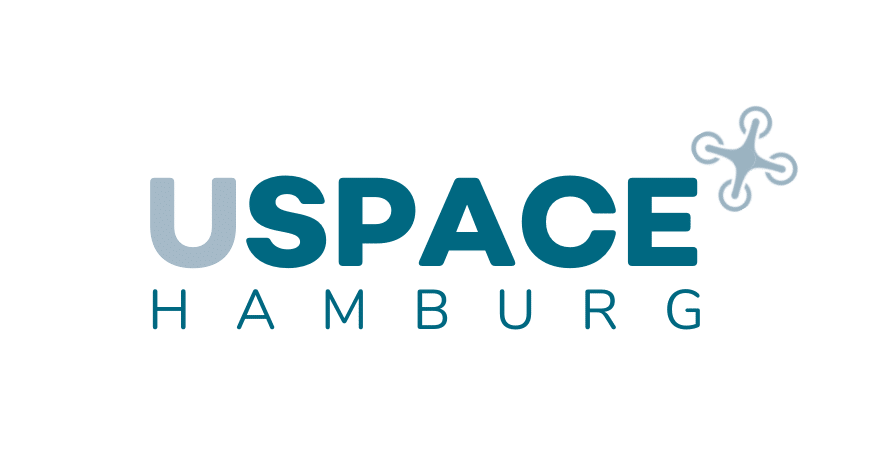
The implementation
The project takes place in several steps. The planning phase marks the beginning. In this phase, the geographical boundaries of U-Space as well as responsibilities and procedures are defined. In the subsequent test phase, the technical implementation of the U-Space real laboratory and test flights are carried out. Droniq and DFS will then demonstrate how a U-Space can function during flight weeks. Drone pilots can then fly it themselves and test all the procedures developed up to that point. The project will be concluded with a project review and the preparation and submission of recommendations for action to the funding agency.

Our contribution
Droniq is taking on the role of U-Space Service Provider as part of the Hamburg Reallabor. Its task is to coordinate drone traffic in U-Space. To this end, Droniq issues flight permits for drone missions and informs pilots about current manned and unmanned air traffic and any airspace restrictions. To do this, Droniq uses the first fully operational traffic management system for drones (UTM) in Germany, which it distributes. Droniq receives the relevant air traffic data from DFS Deutsche Flugsicherung.
The results of the U-Space reallaboratory include recommendations and actions for the establishment of U-Space areas, their operation, and the design of the roles and services applicable in a U-Space.
With their help, U-Space areas in Germany are to be further advanced and introduced from 2023.
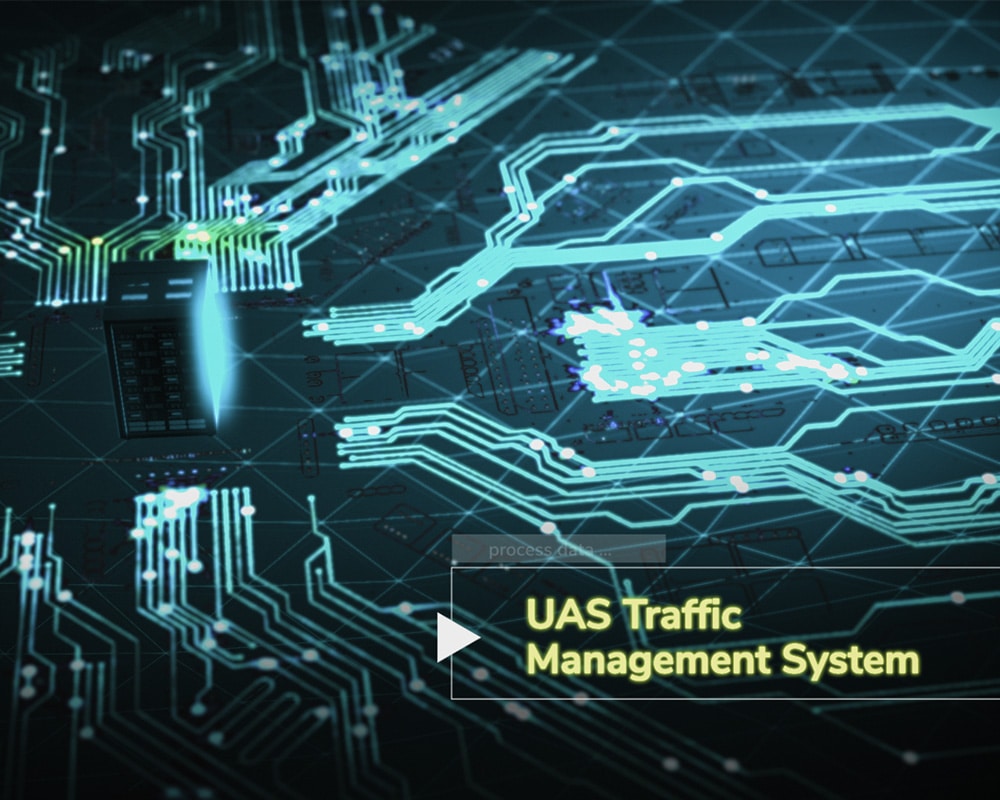
Funding source
Federal Ministry for Digital Affairs and Transport
Project partner
DRONIQ GmbH
DFS German Air Navigation Services GmbH
Associated partners
BOARD OF ECONOMY AND INNOVATION (BWI)
Hamburg Port Authority
HHLA SKY
HAMBURG AVIATION
WINDROVE
UDVEO
Project Phases & Milestones
-
Planning phase
- Period: May - July 2021
- Creation of an implementation concept for a real laboratory
- Defining the geographical boundaries of U-Space
- Air legal establishment of the real laboratory
-
Test phase
- Period: August - September 2021
- Technical implementation of the U-Space reallaboratory
- Definition of use cases with different levels of complexity and simulation scenarios for the test flights
- Carrying out test flights
- Documentation of experiences from use cases and derivation of improvement measures
-
Demonstrations
- Period: October 2021
- Operation of the U-Space reallaboratory within the framework of on-site flight weeks
-
Evaluation phase
- Period: November 2021
- Carrying out a project review
- Preparation and submission of recommendations for action to the grantor
Voices about the U-Space Reallabor Hamburg
We have shown in the real lab that a U-Space can be implemented anywhere: even in such a challenging environment as the Port of Hamburg. Droniq is already U-Space ready. This underlines our claim to become Germany's first U-Space service provider.
Jan-Eric Putze
CEO of Droniq GmbH
To test a transport system for drones and evaluate the opportunities and challenges, the Port of Hamburg offers the best conditions. Used wisely, drones offer enormous opportunities in the most diverse areas of business and society. With the U-Space Reallabor, I see the opportunity to test potentials of a new air transport under real conditions and to actively participate in its development. That is why I am delighted with the decision of the Federal Ministry of Transport to support the project in Hamburg.
Michael Westhagemann
Senator for Economic Affairs and Innovation of the Free and Hanseatic City of
With our drone traffic system, we are very well positioned internationally and thus already have a basis for integrating drone airspace. In this way, we enable fast and uncomplicated drone operations. This is an important step in the direction of digital aviation, combined with proven safety.
Friedrich-Wilhelm Menge
Managing Director Technology of DFS Deutsche Flugsicherung GmbH
In the future, the U-Space will allow the full potential of the drone to be used in urban areas within a given framework. This is a milestone for unmanned air traffic. We are proud to show for the first time what this future can look like.
Jan-Eric Putze
CEO of Droniq GmbH
Hamburg entered the drone age back in 2016. Various projects have been launched since then, involving the transport of tissue samples by drone, a control center for organizing drone traffic, or defense against non-cooperative drones at airports. Safe integration of drones has been a top priority from the beginning. The U-Space Reallabor - in close cooperation with numerous Hamburg partners - is an important milestone on the way to the regular use of drones, especially in the public interest, such as in the fire department or the transport of medical goods.
Michael Westhagemann
Senator for Economic Affairs and Innovation of the Free and Hanseatic City of
We show here how modern and digital an airspace for drones can be designed. To integrate unmanned aviation safely into the air traffic system, we combine our experience in manned aviation with innovative technological solutions. In addition to drones, we will also see significant developments in other fields of increasingly autonomous aviation in the coming years. We are proud to be at the forefront here.
Arndt Schoenemann
Chairman of DFS Deutsche Flugsicherung GmbH
To fully exploit the economic potential of drones, they must be easily and safely integrated into existing air traffic. The test flights mark the next step in achieving this. At the same time, we are moving closer to our goal of positioning Droniq as the first USSP throughout Germany.
Jan-Eric Putze
CEO of Droniq GmbH
With around 400 companies, Germany is the leading market for drone technologies. We want to strengthen and further expand Germany's technological lead. The U-SpaceReallabor has answered many important questions for us in setting up U-Space areas. We are now using this successful practical experience to enable progress. The first U-Space areas are to be established in Germany as early as next year. In this way, we will create safety in German airspace and enable more innovations in unmanned aviation.
Volker Wissing
Federal Minister for Digital Affairs and Transport
We will study the various elements of such a transportation system in real-world projects to gain an accurate picture of the technical and regulatory requirements. Electric air transport can provide an extension to public transport, airports and time-critical applications, and the service will be environmentally friendly, quiet and safe.
Andreas Thellmann
Head of the Air Mobility Initiative
It is important to put the first U-Spaces into practice in order to advance the safe integration of drones into the airspace. With the U-Space reallab in Hamburg, we have been able to impressively demonstrate how this can be done and at the same time, as the DFS Group, we are demonstrating our technological capabilities. Unmanned aviation is an important part of future air traffic, which will also become increasingly autonomous in other fields.
Arndt Schoenemann
Chairman of DFS Deutsche Flugsicherung GmbH
With the introduction of U-Spaces, the drone market will soon be opening an exciting new chapter. Within the scope of our previous U-Space projects, we have already gained the necessary experience to actively shape this: both in terms of the technical requirements for safe and continuous U-Space operation and the expertise required for this. We are looking forward to the time ahead and are well prepared.
Jan-Eric Putze
CEO of Droniq GmbH
More U-Space news
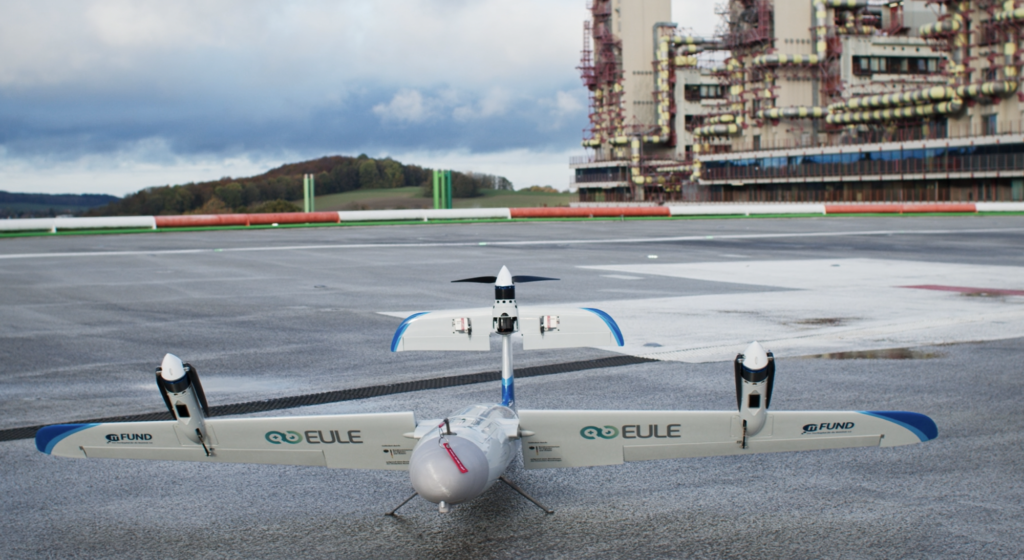
- U-Space
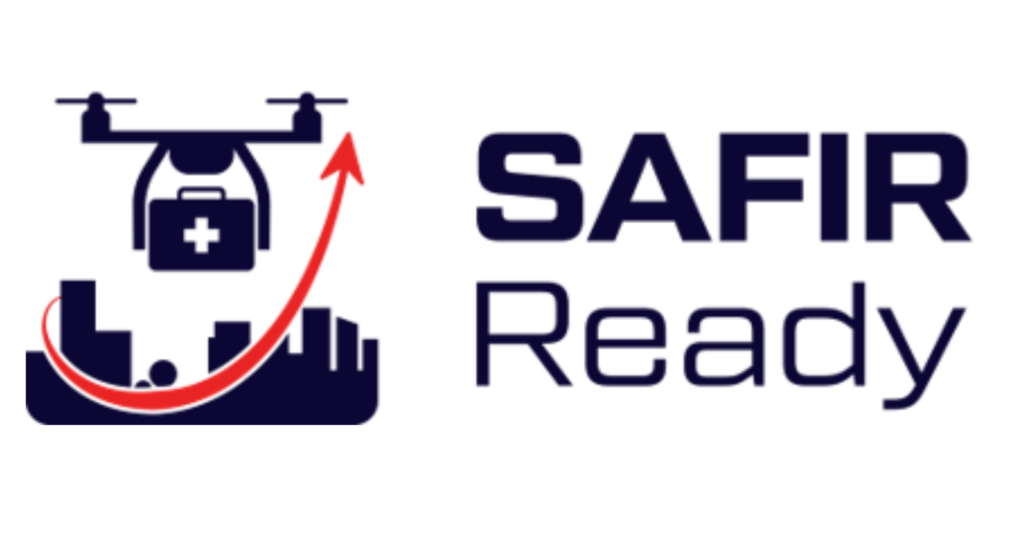
- General topics
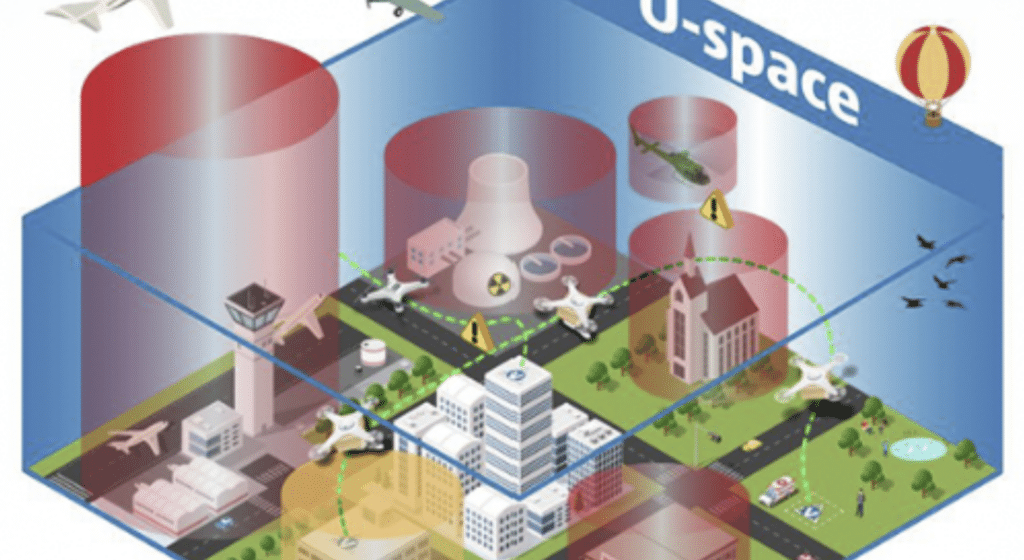
- General topics, U-Space
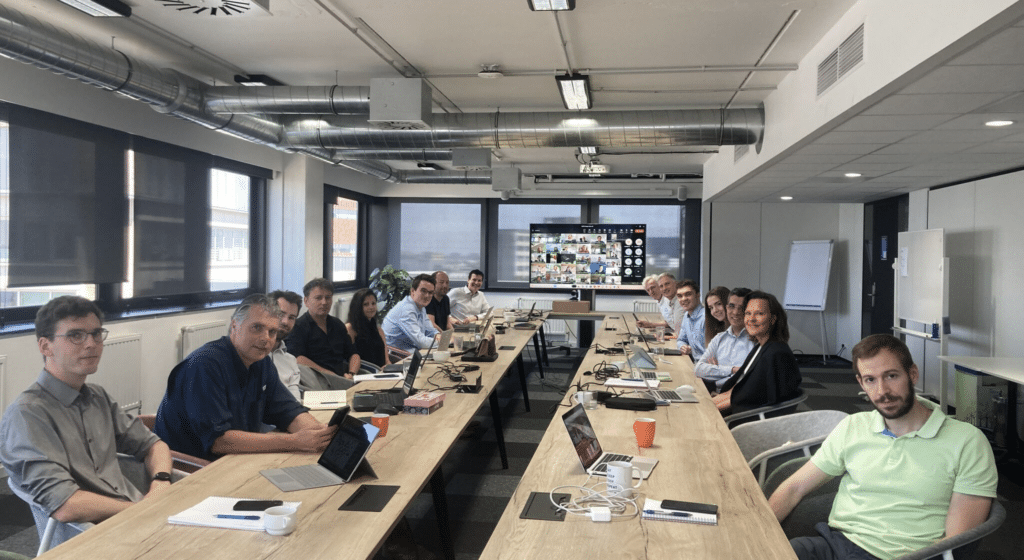
- General topics
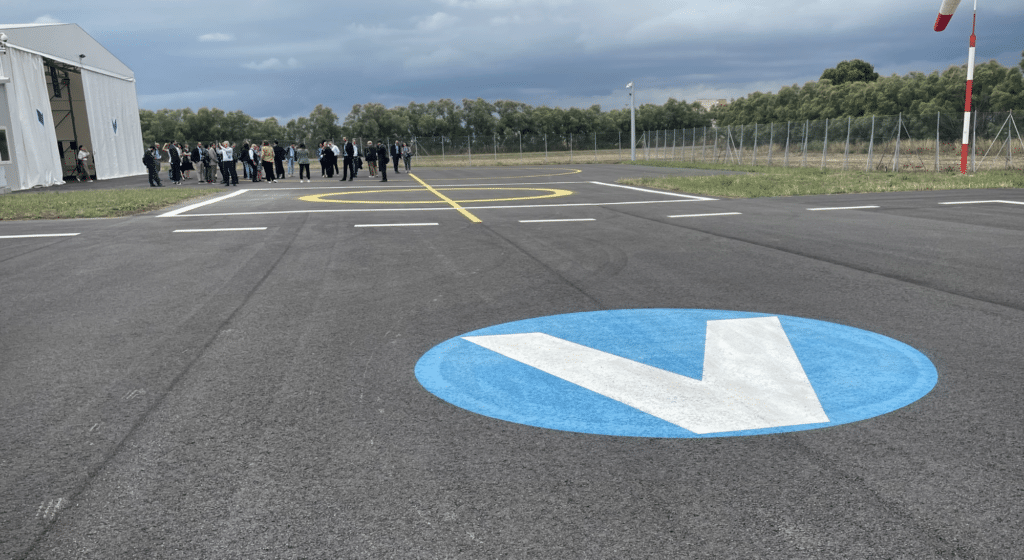
- General topics, U-Space
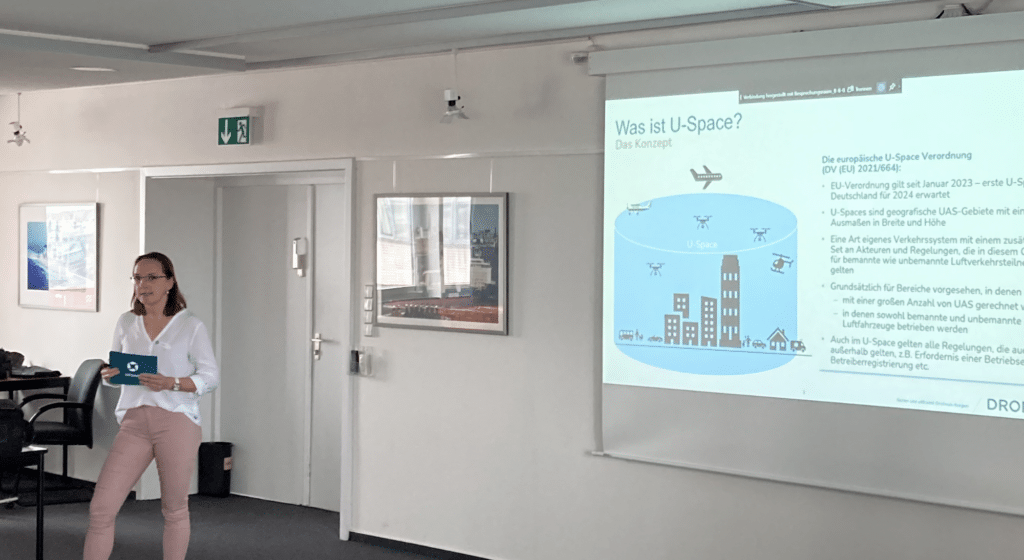
- General topics, U-Space

- General topics, Dates & Events, U-Space
InnoNation Festival
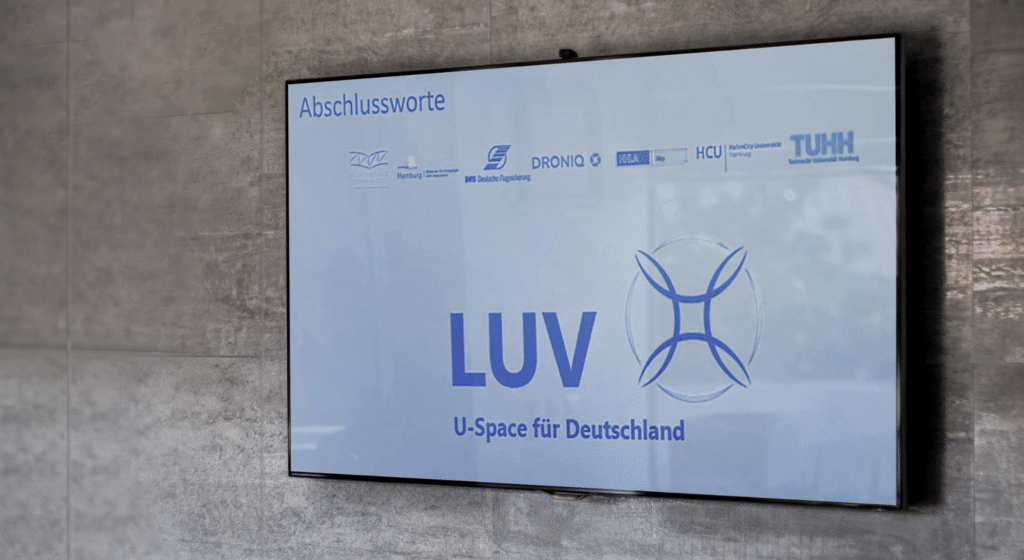
- General topics

- General topics, dates & events
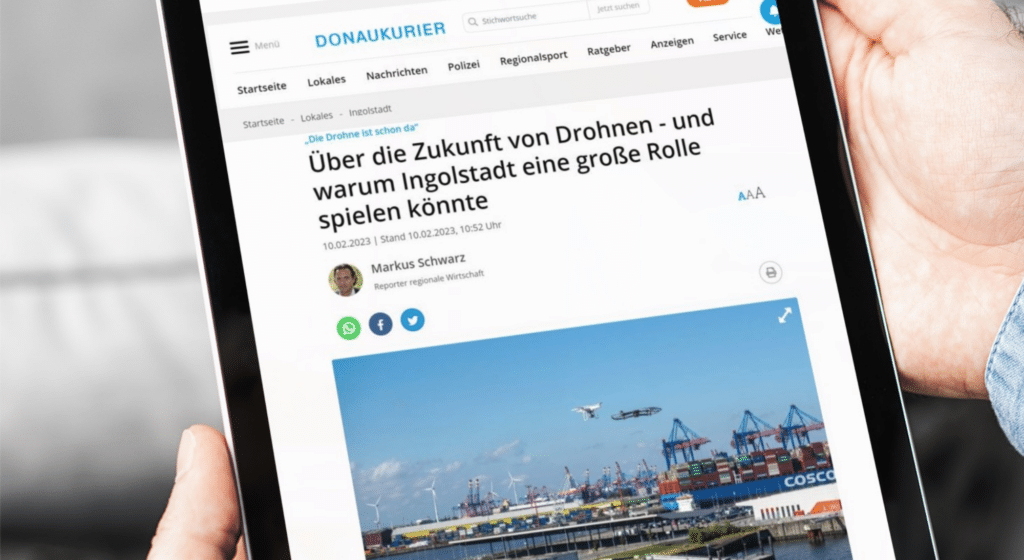
- General topics
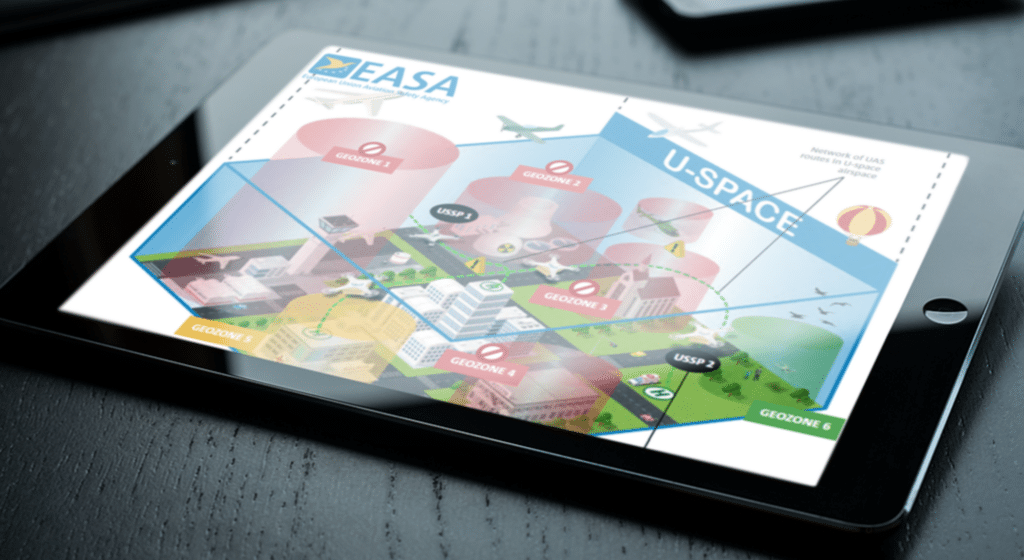
- General topics, U-Space
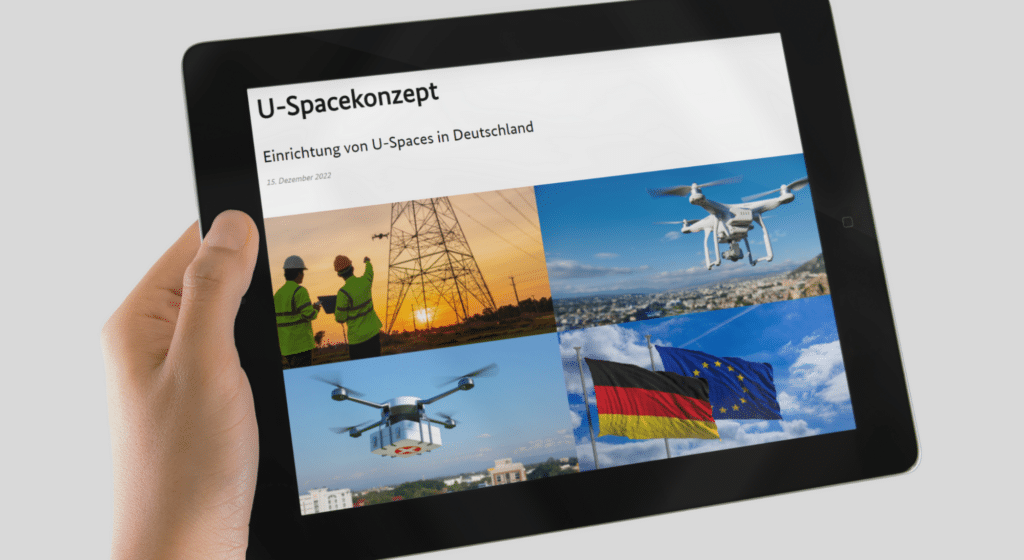
- General topics, U-Space

- General topics, U-Space
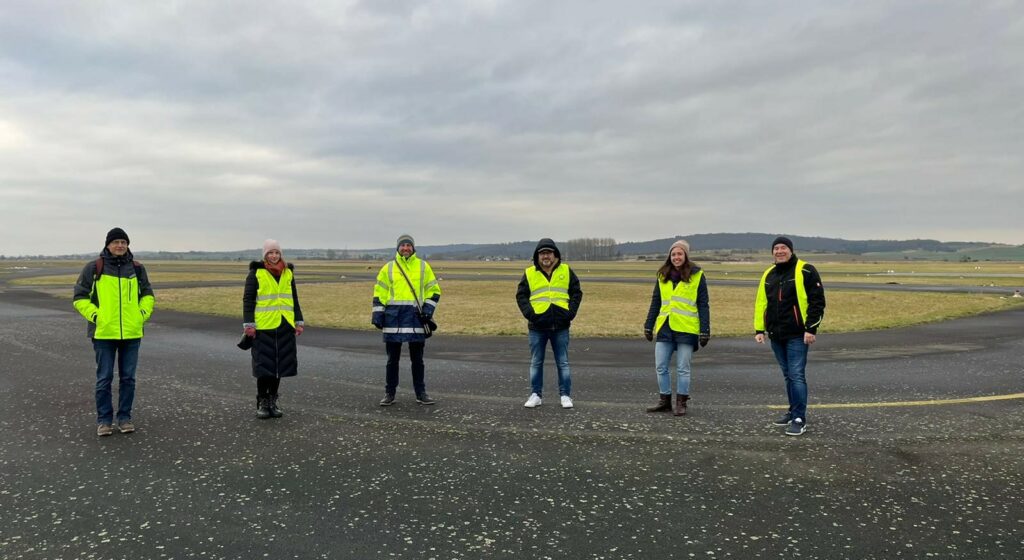
- General topics, U-Space
